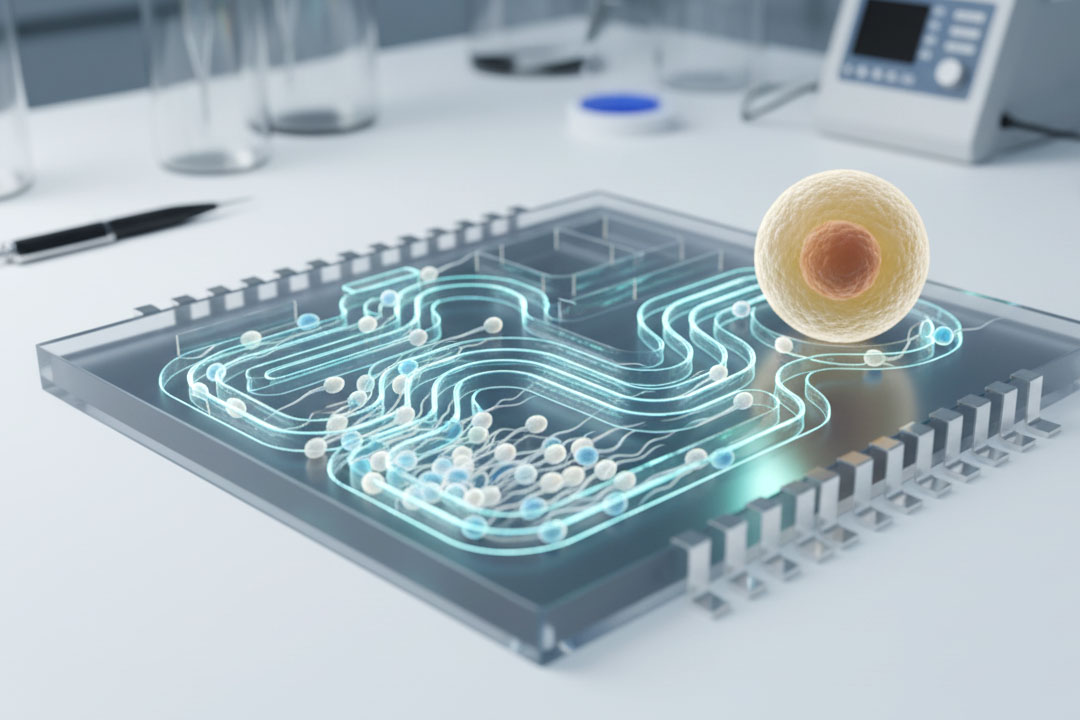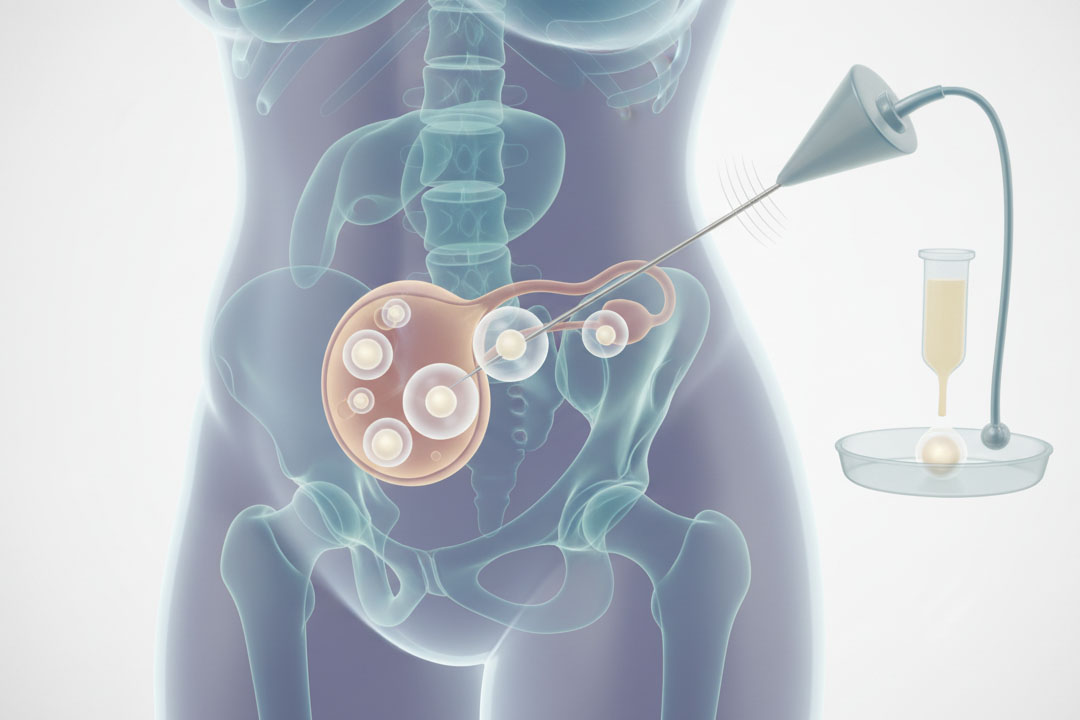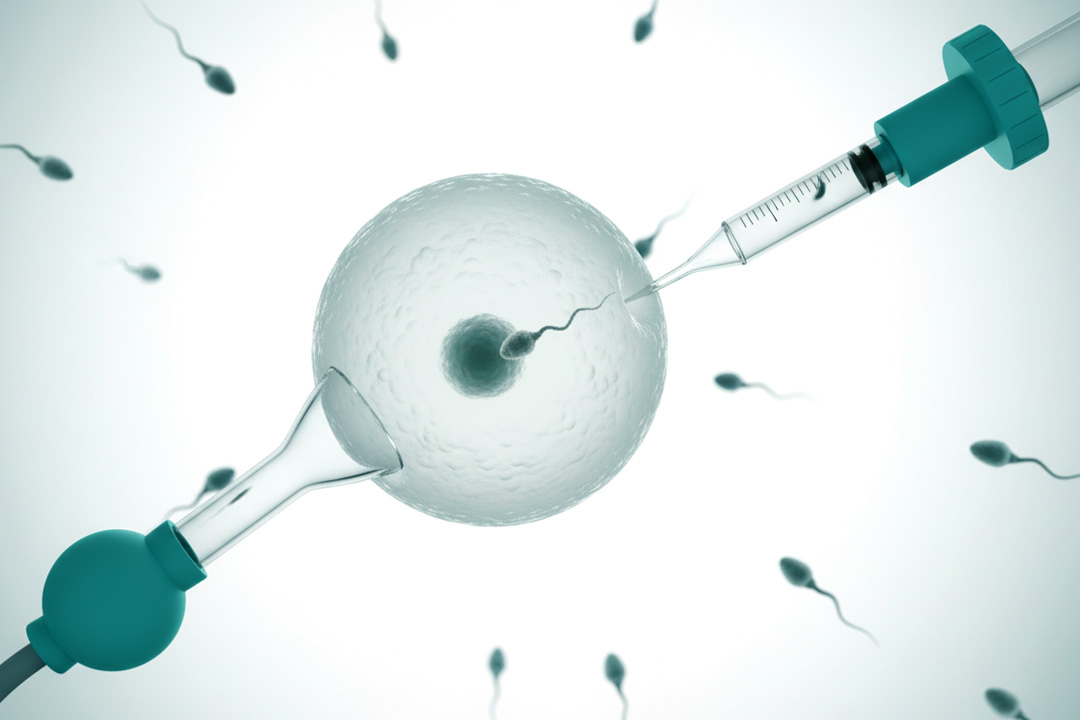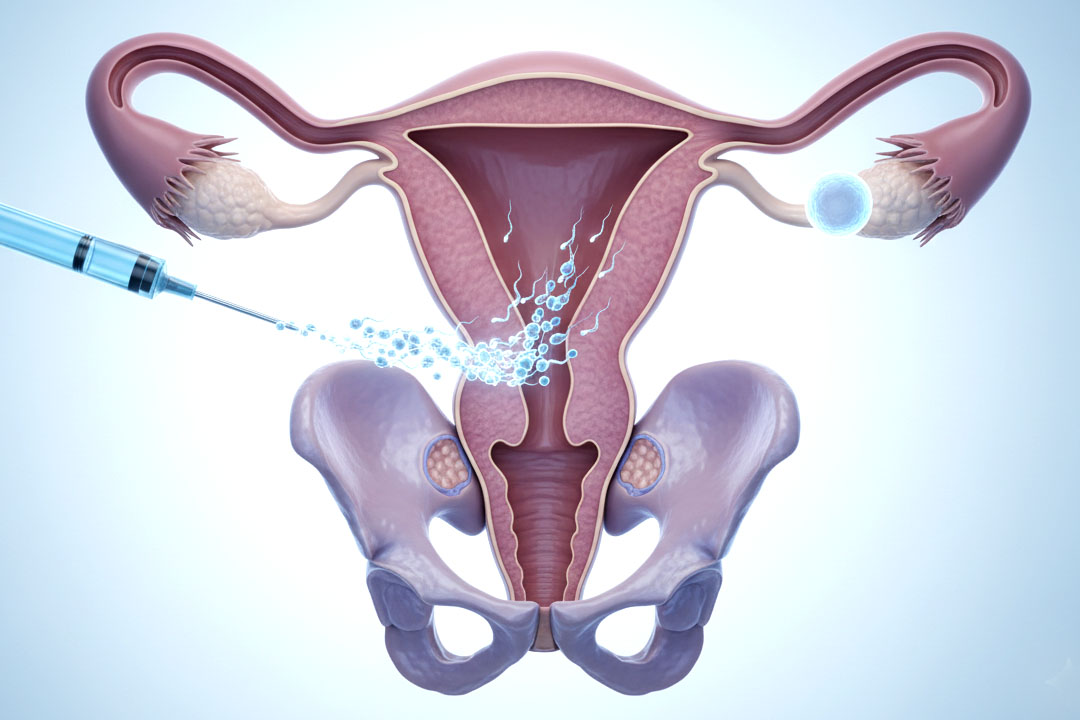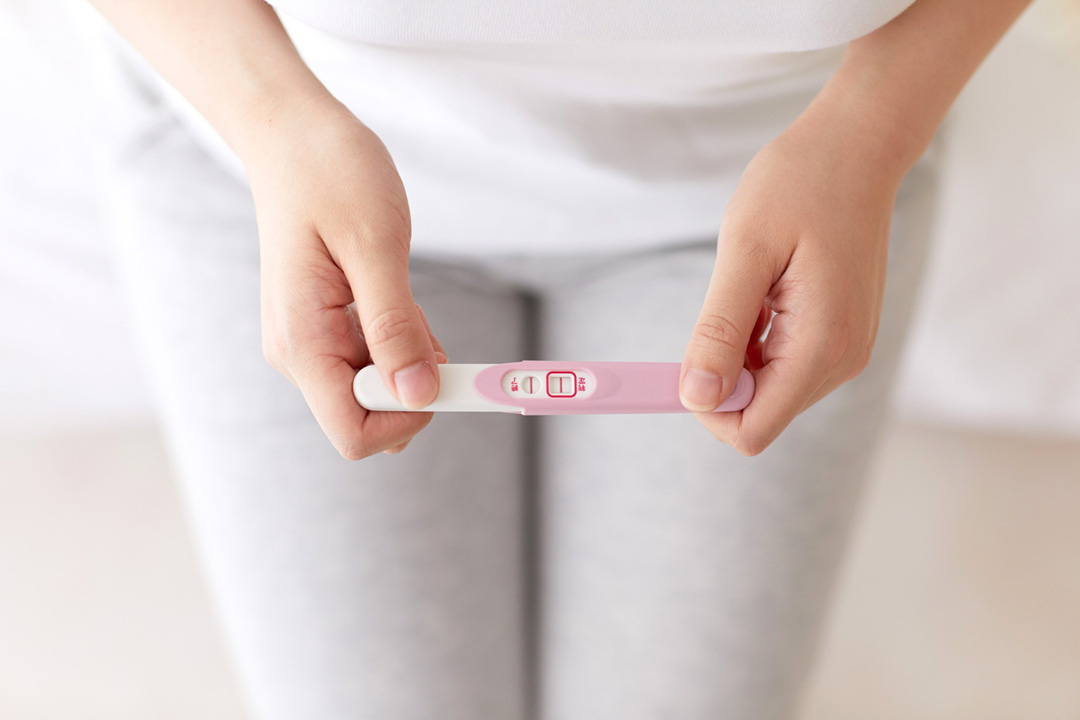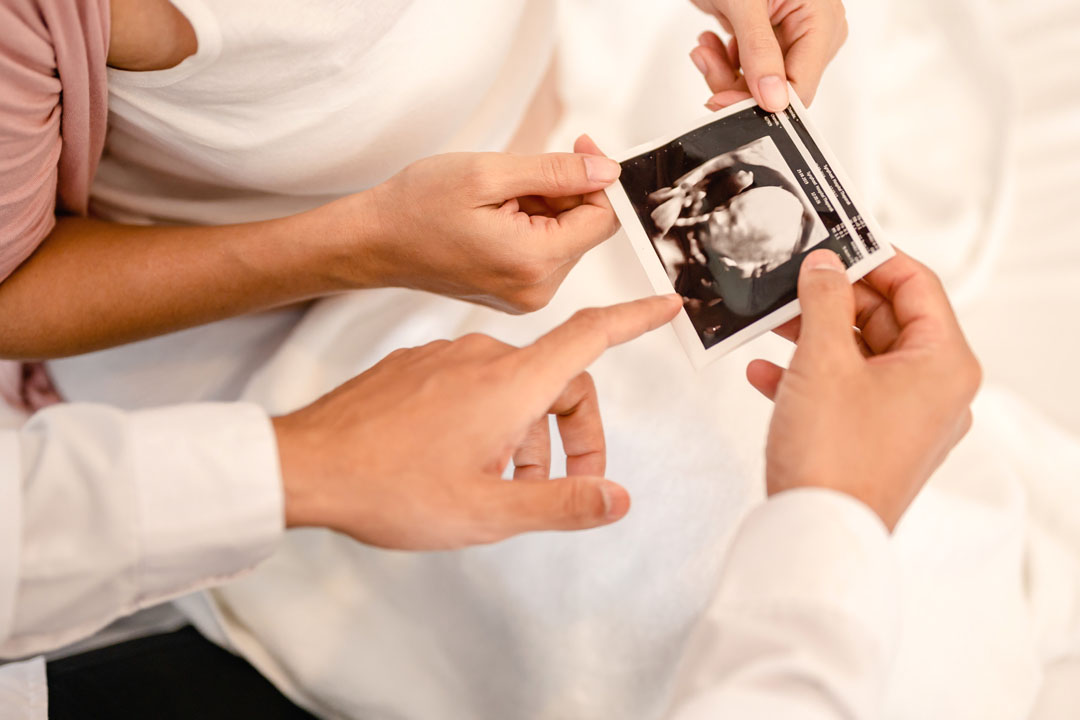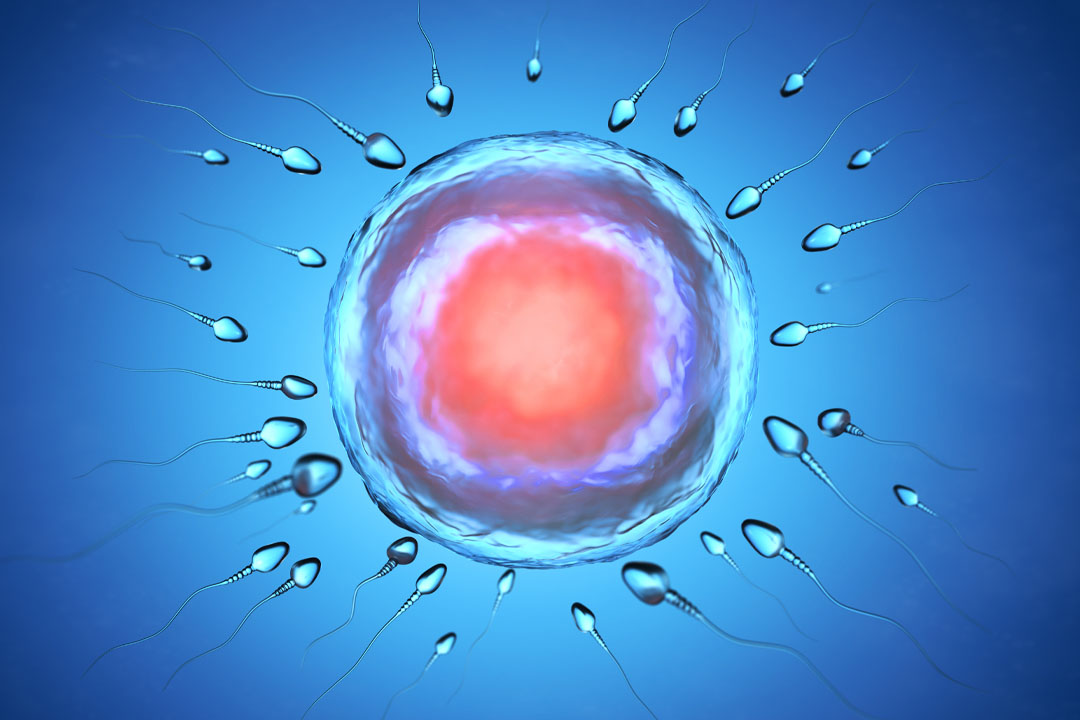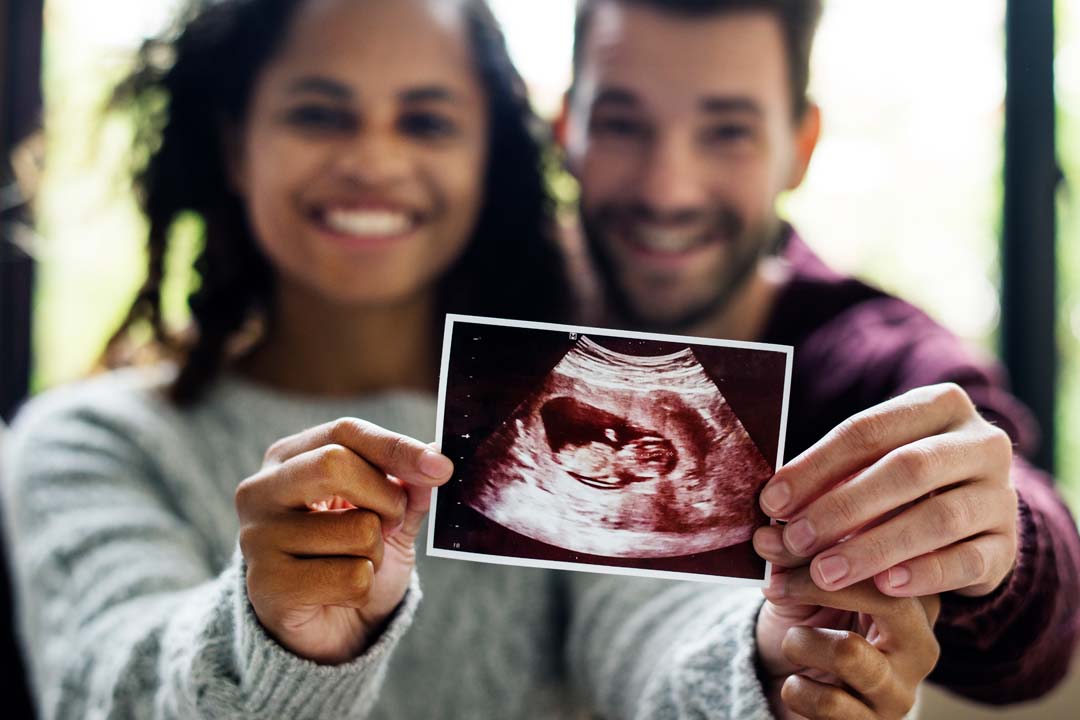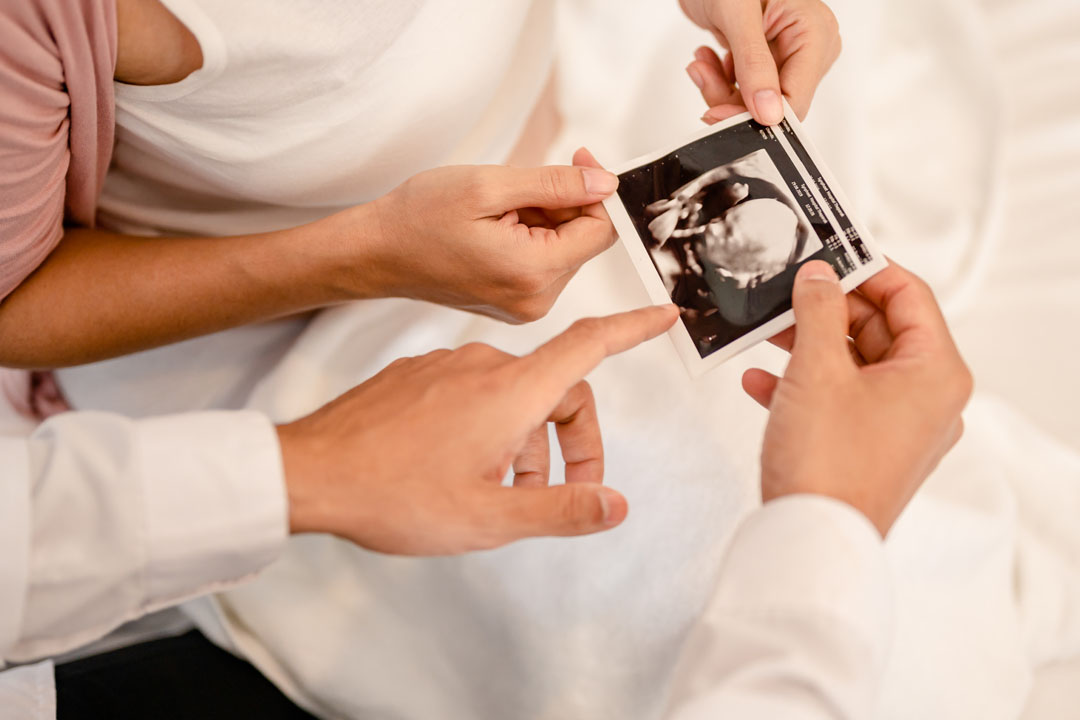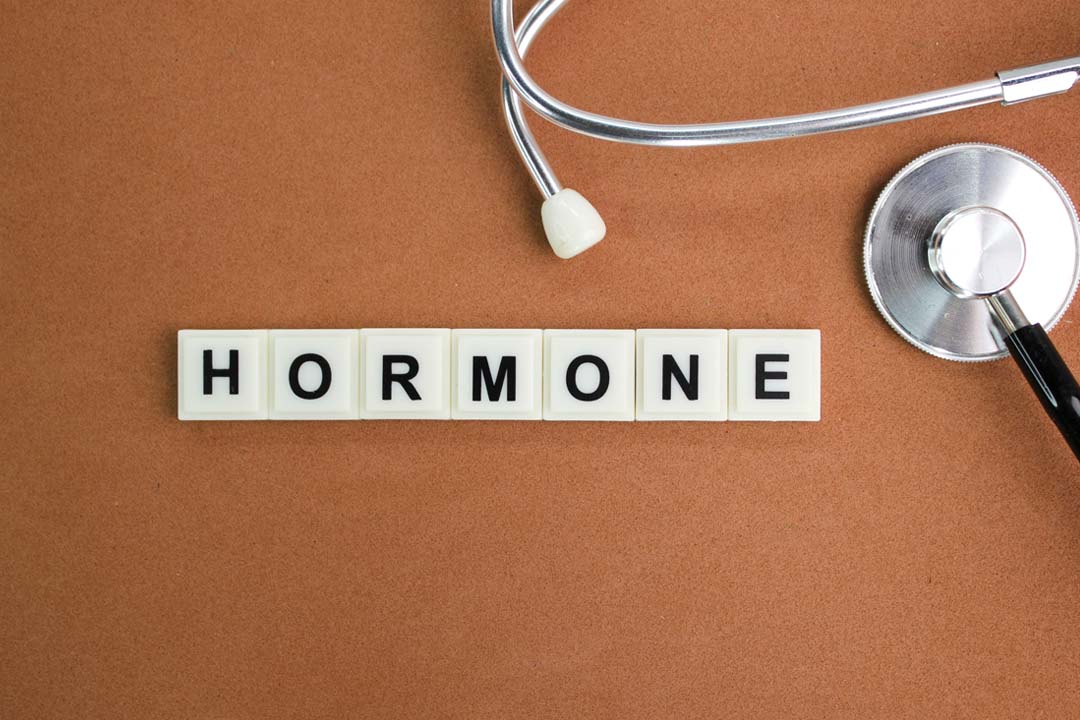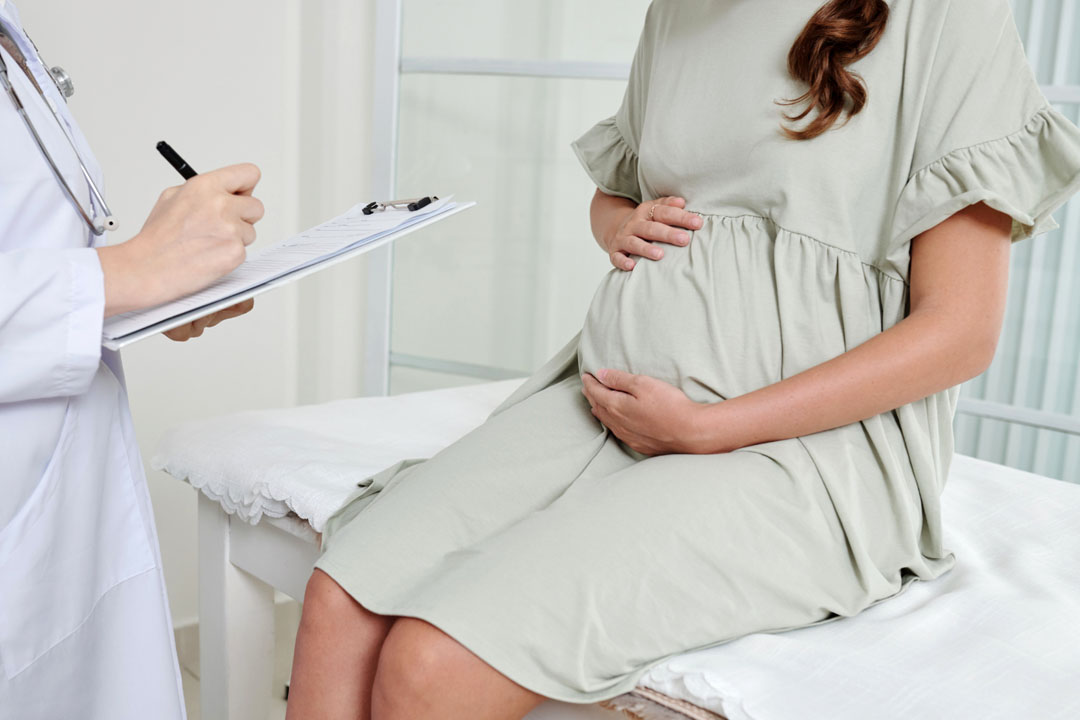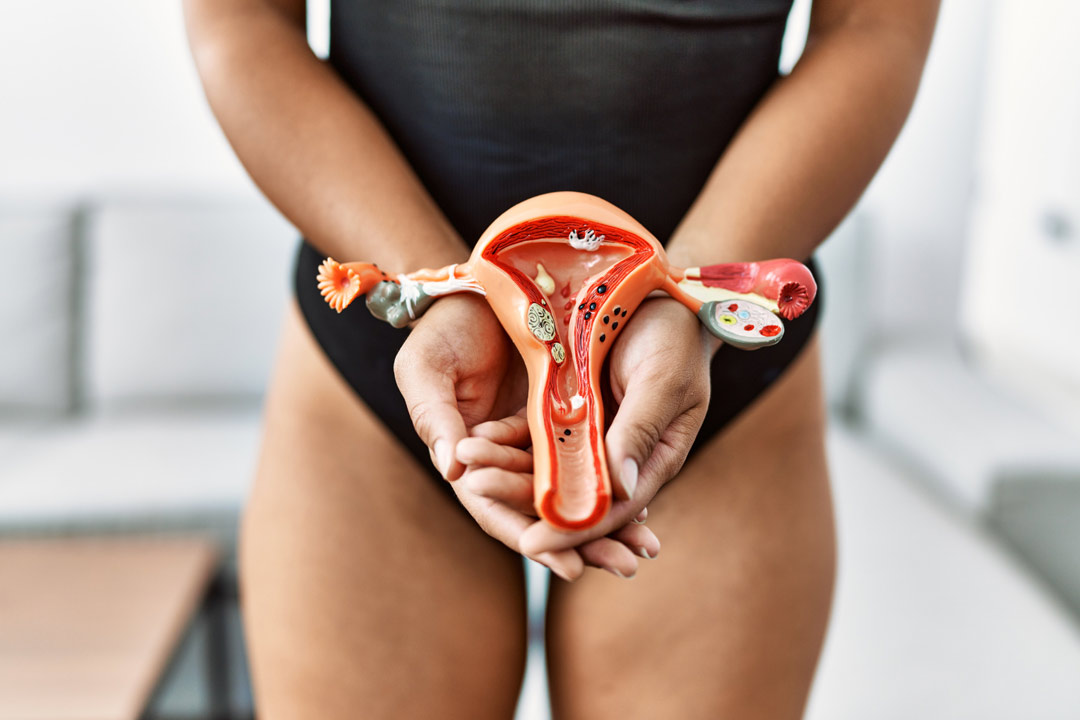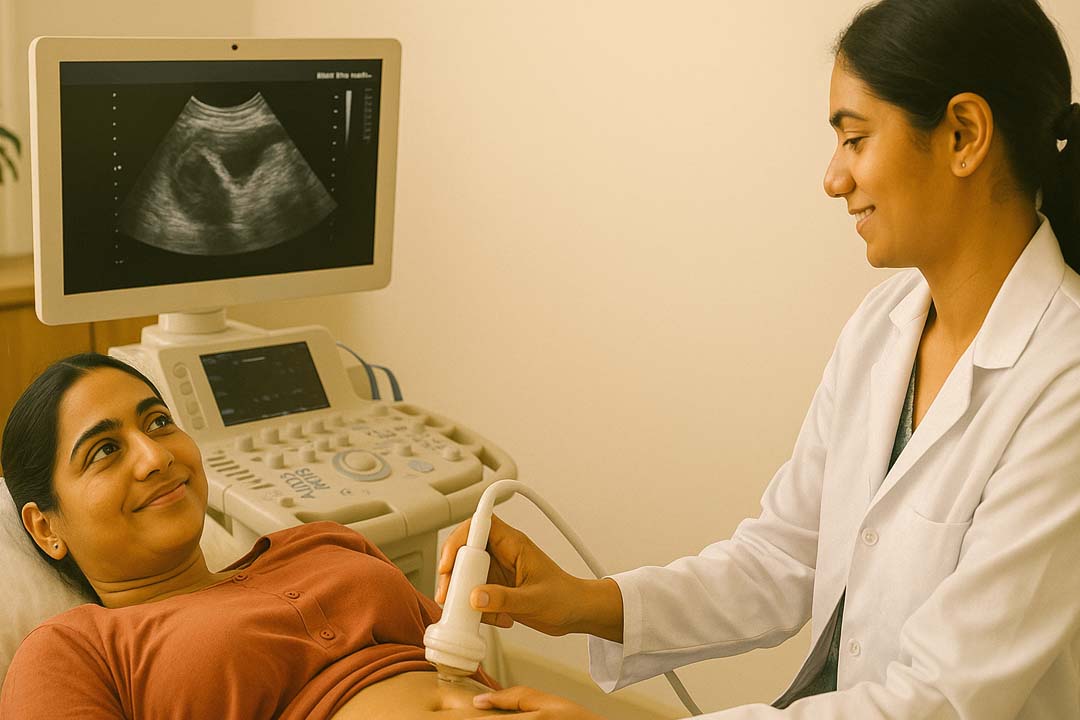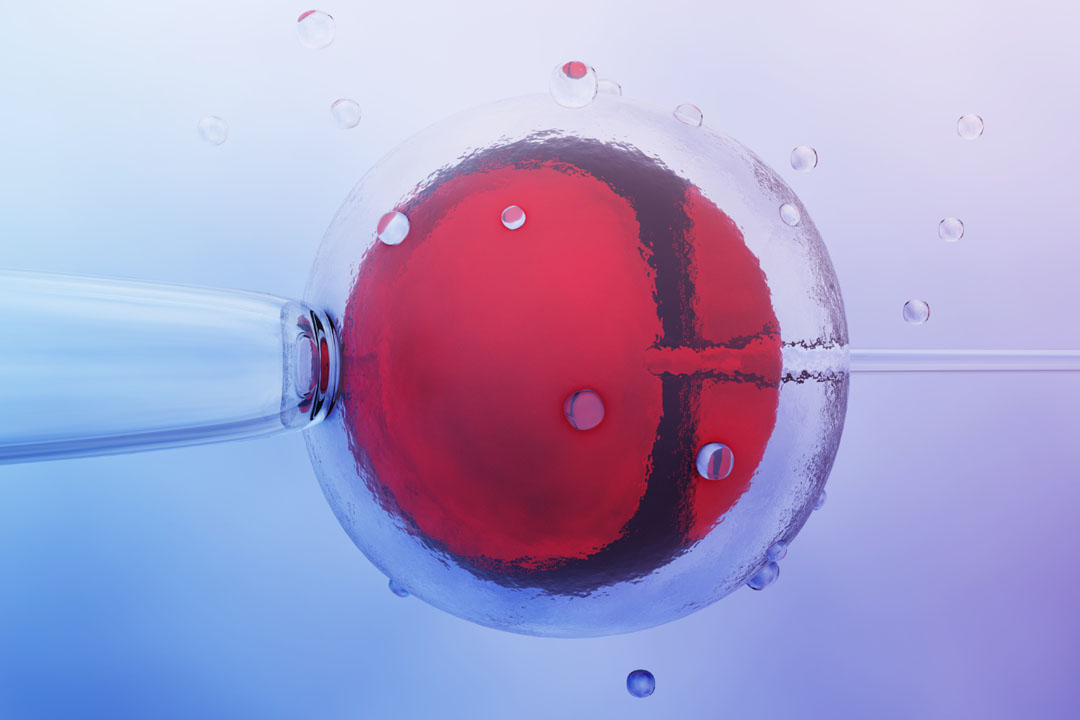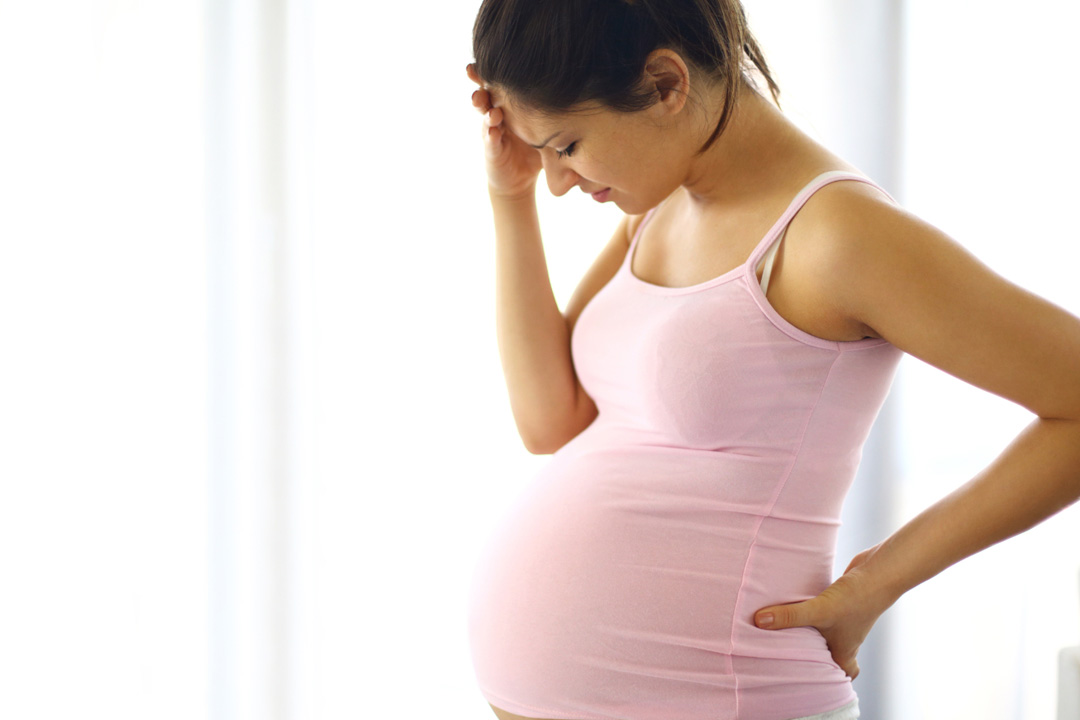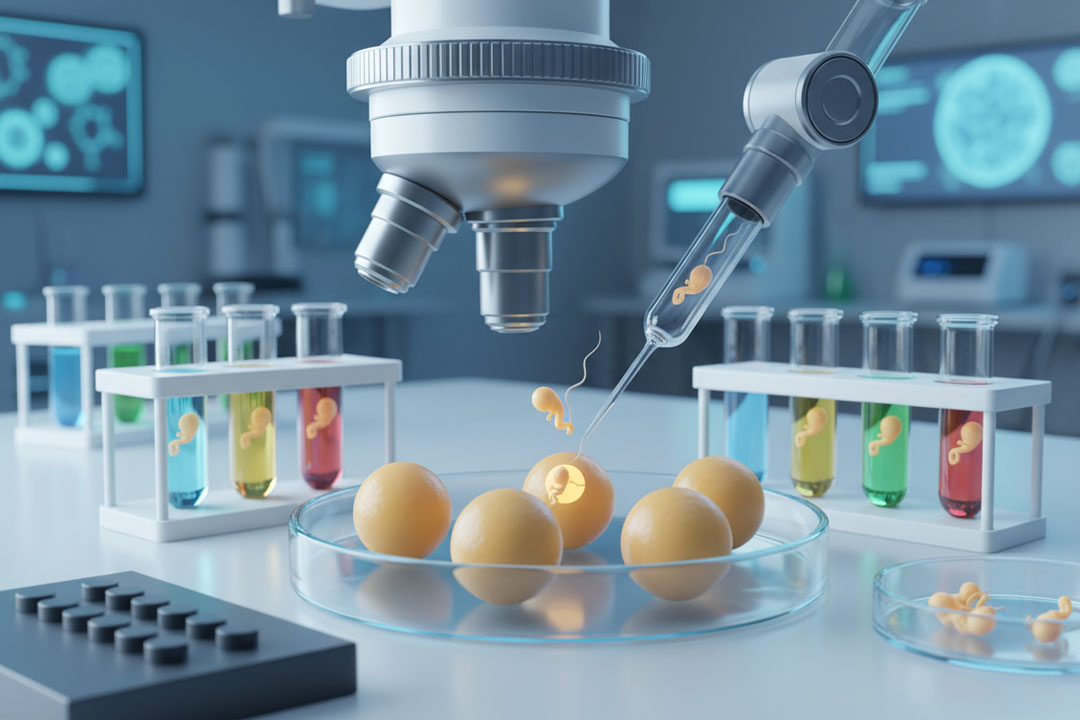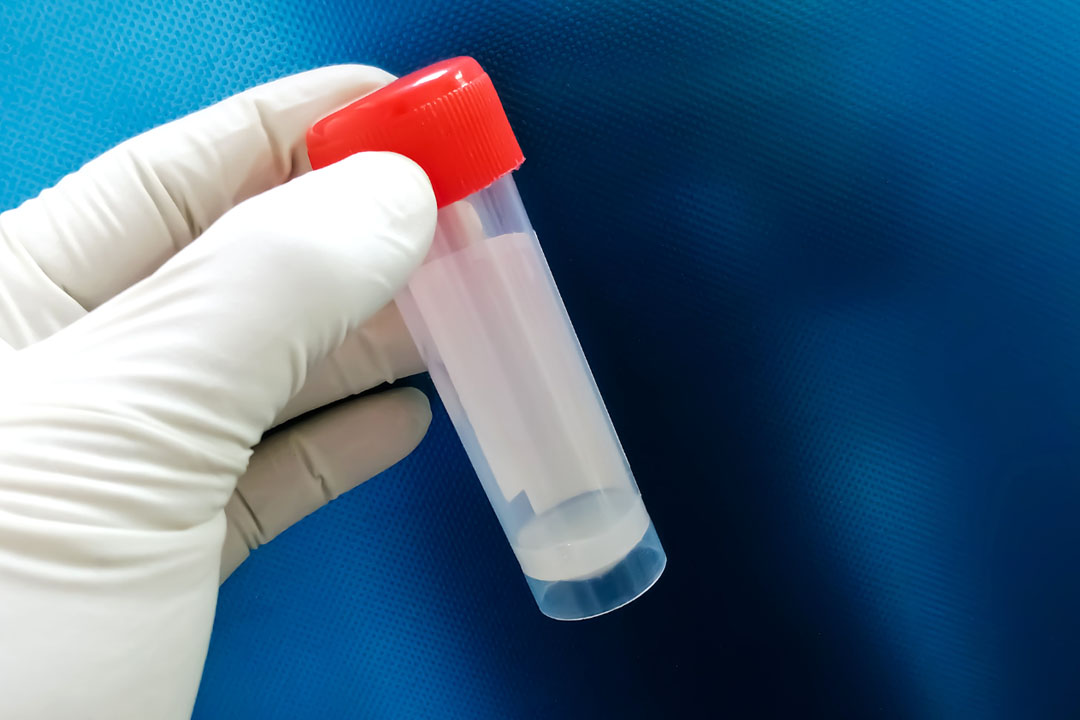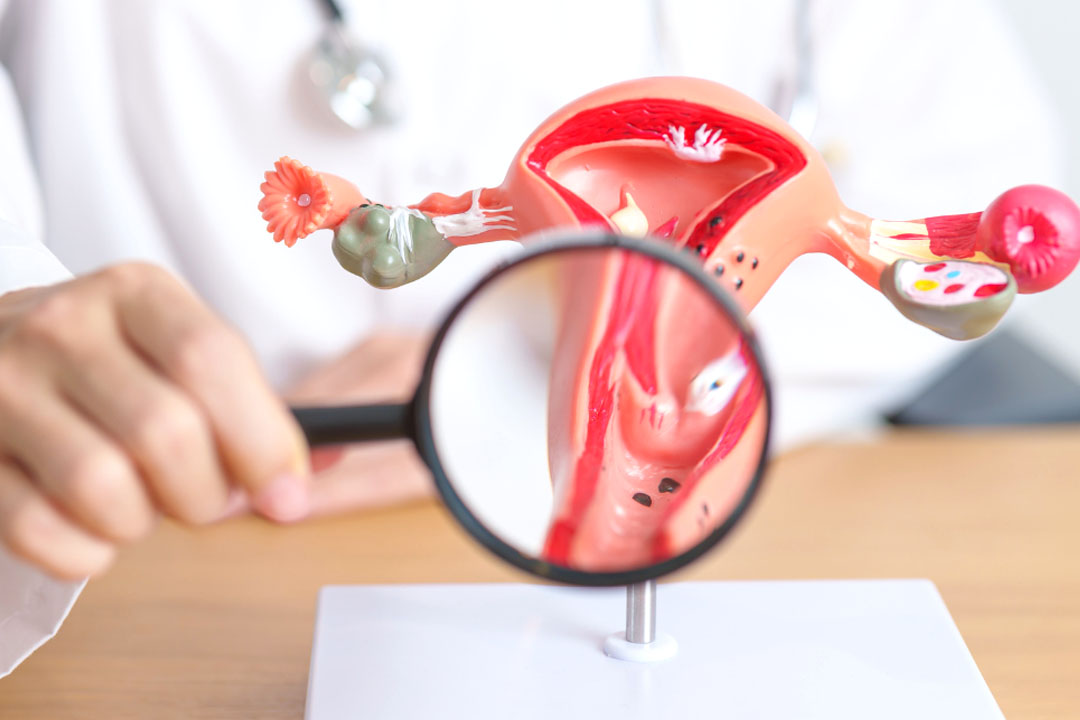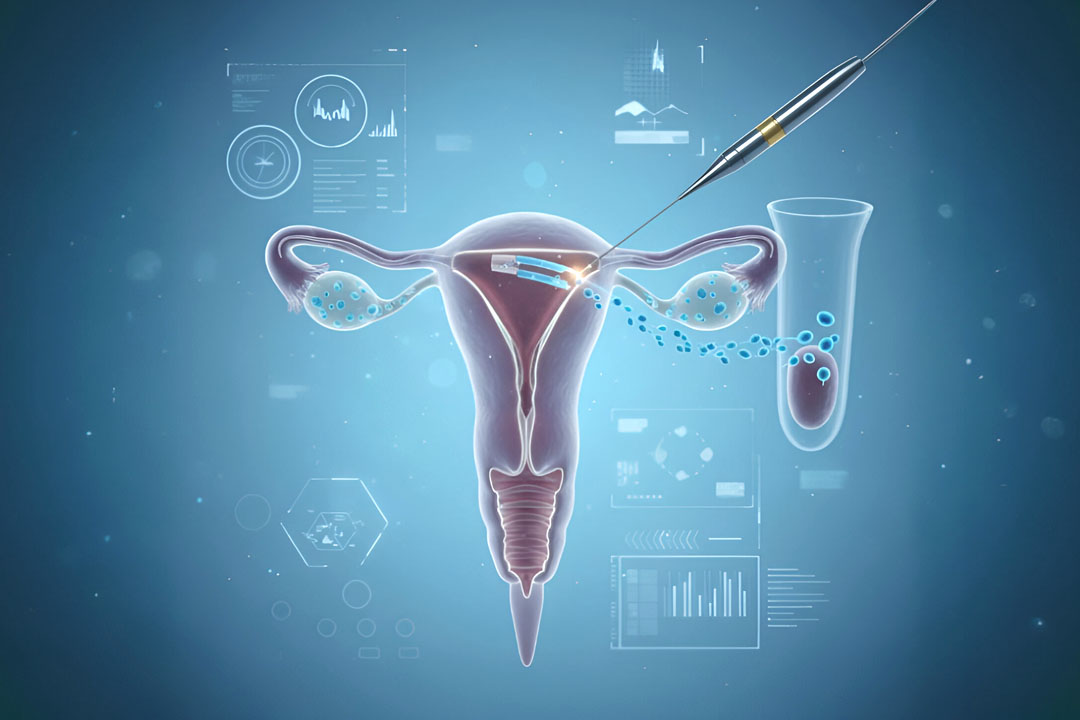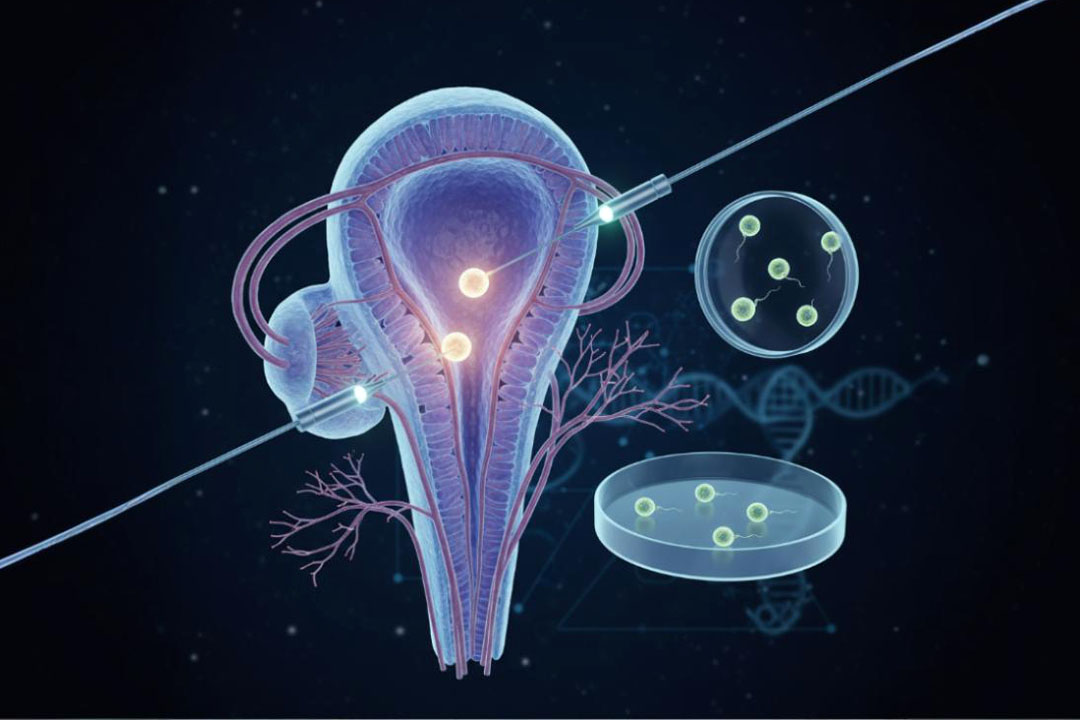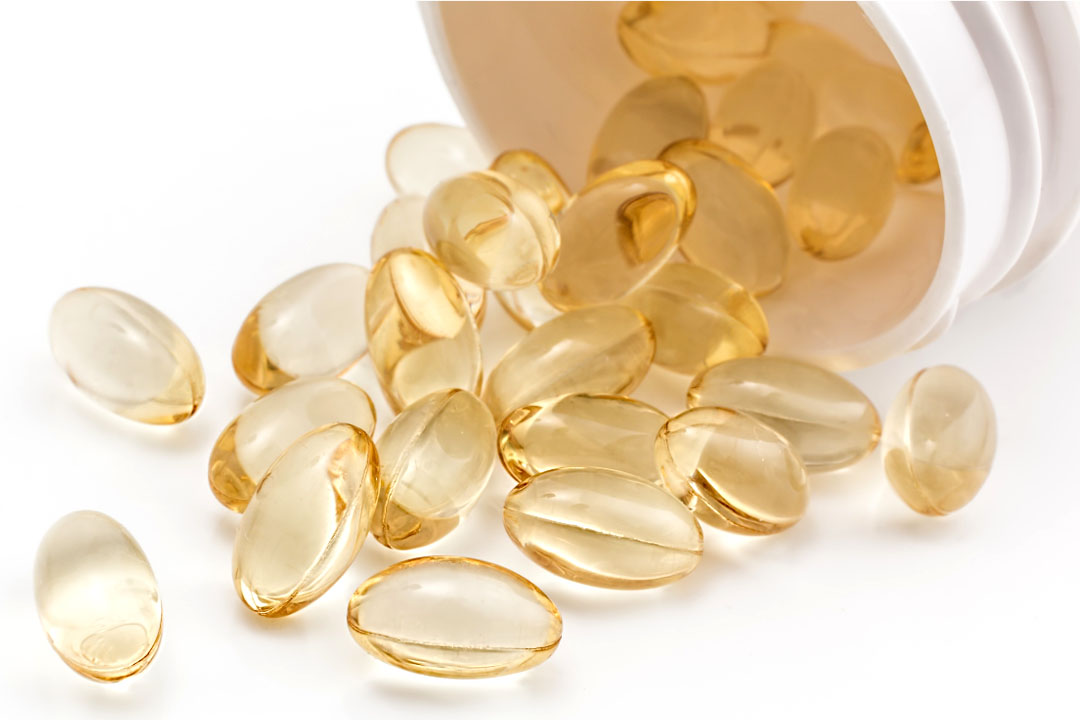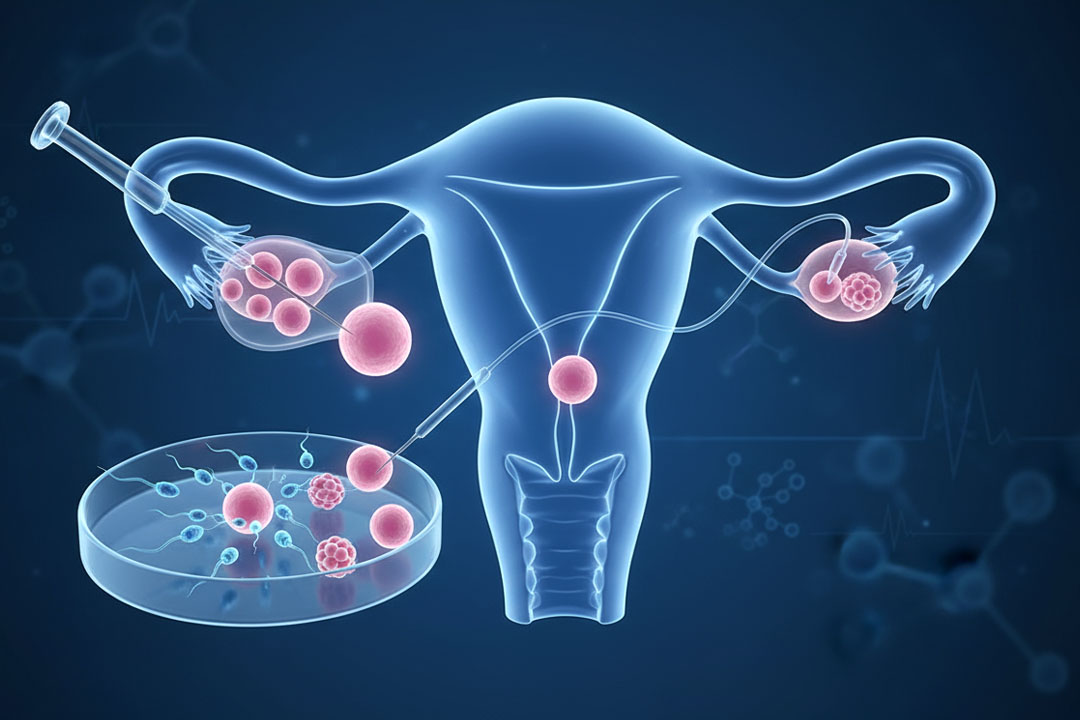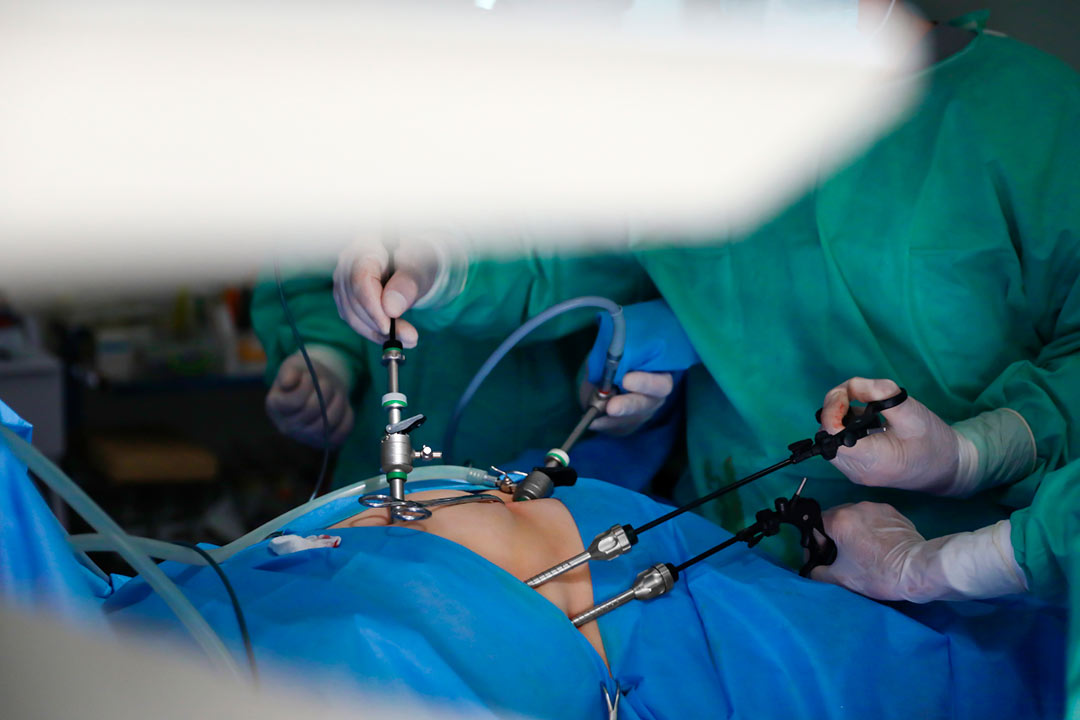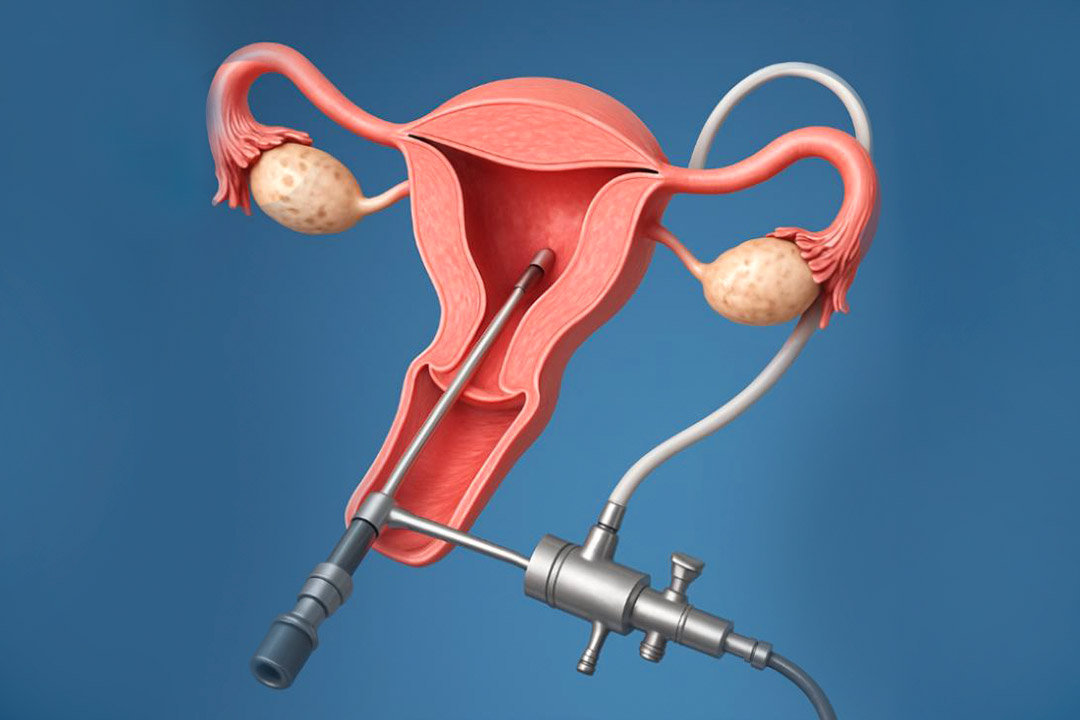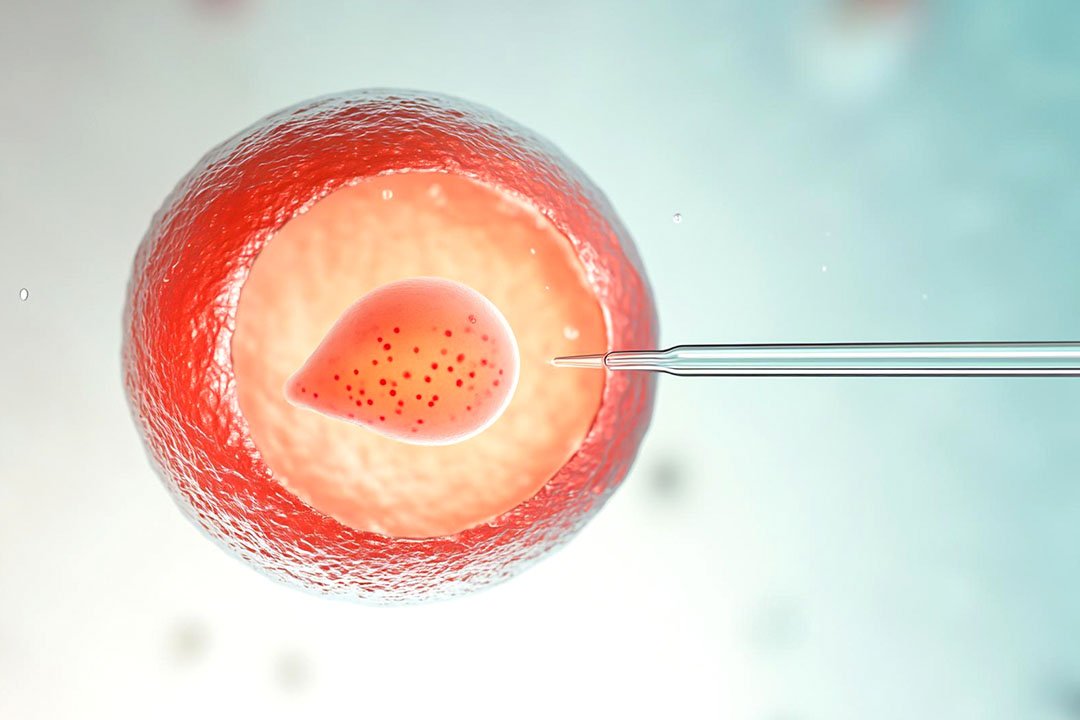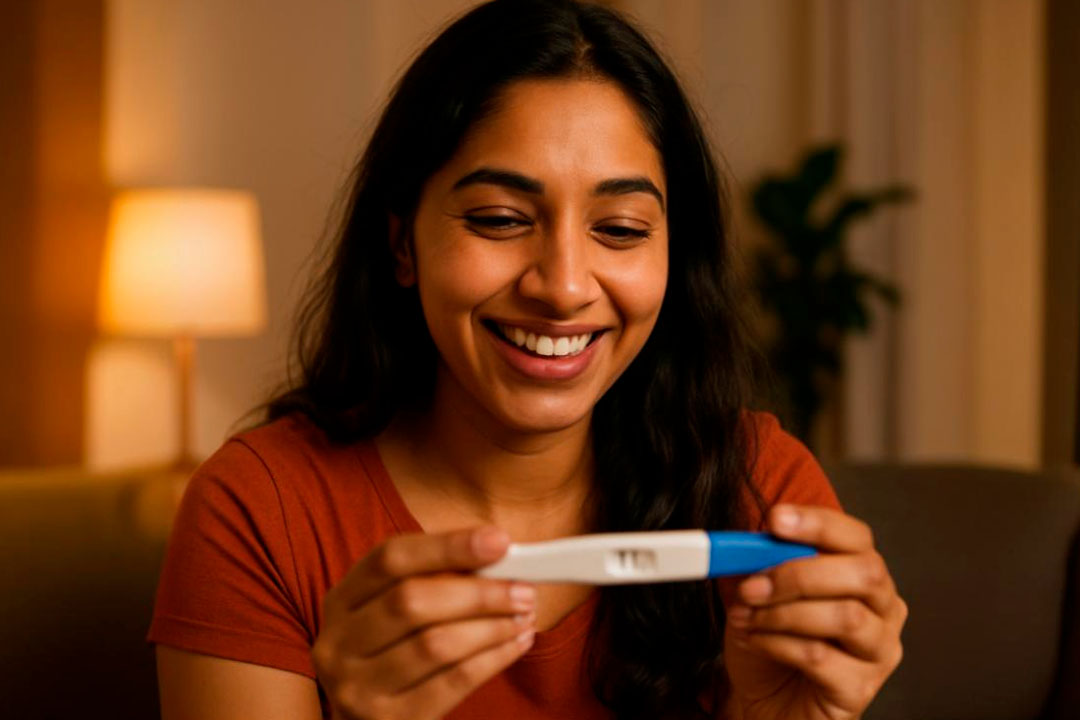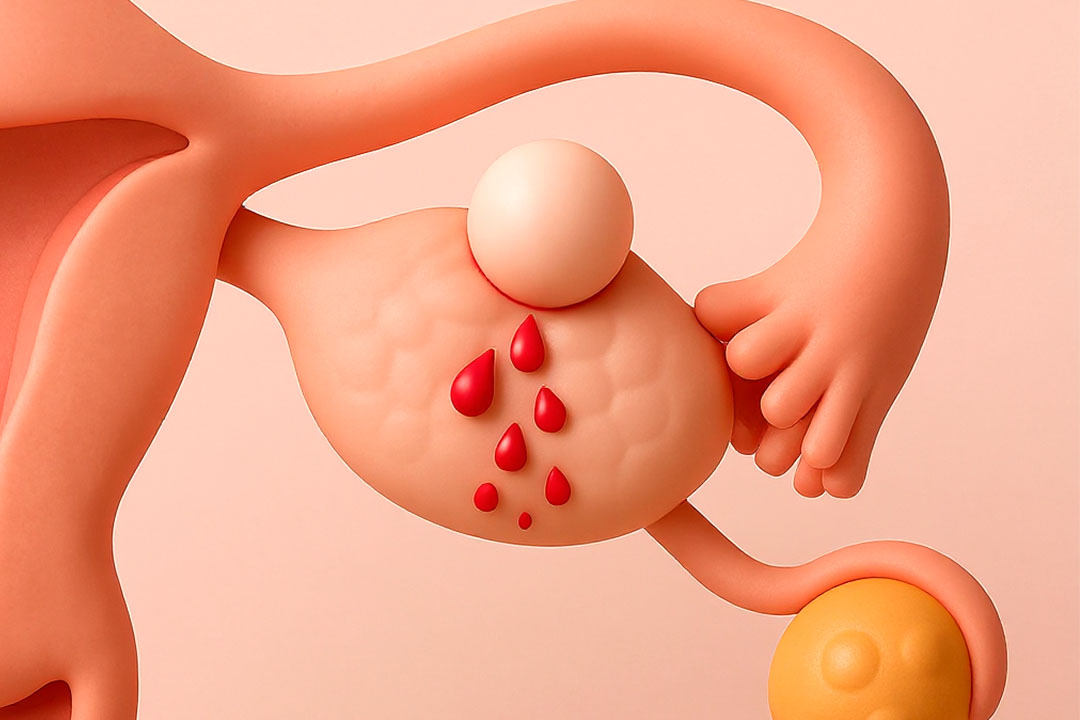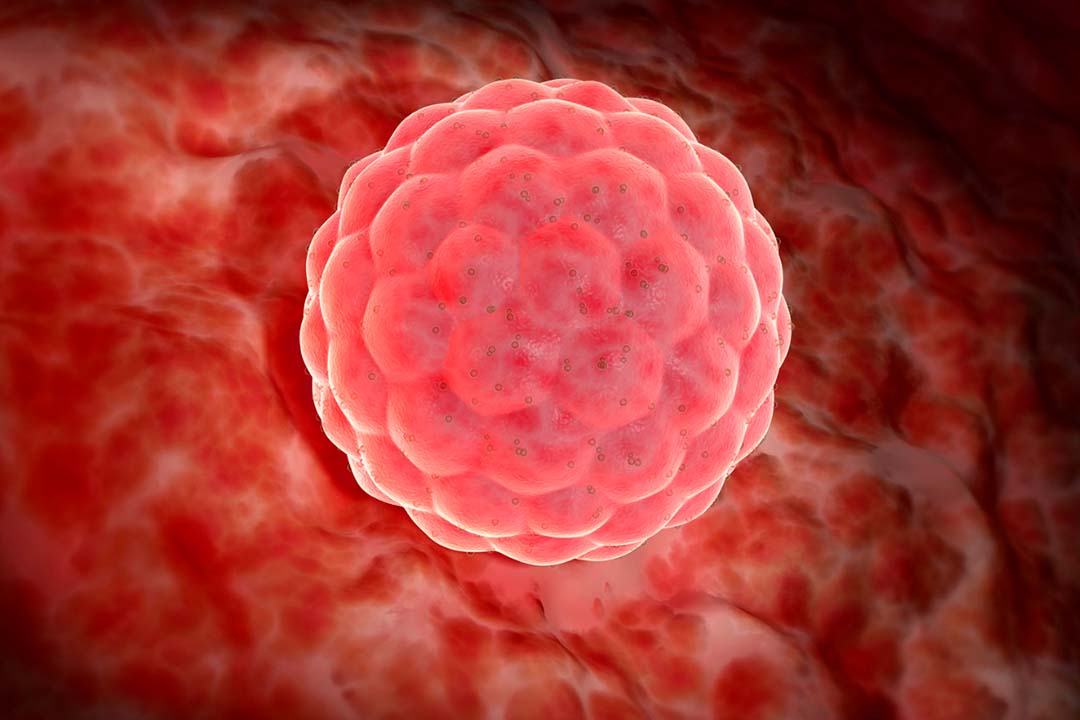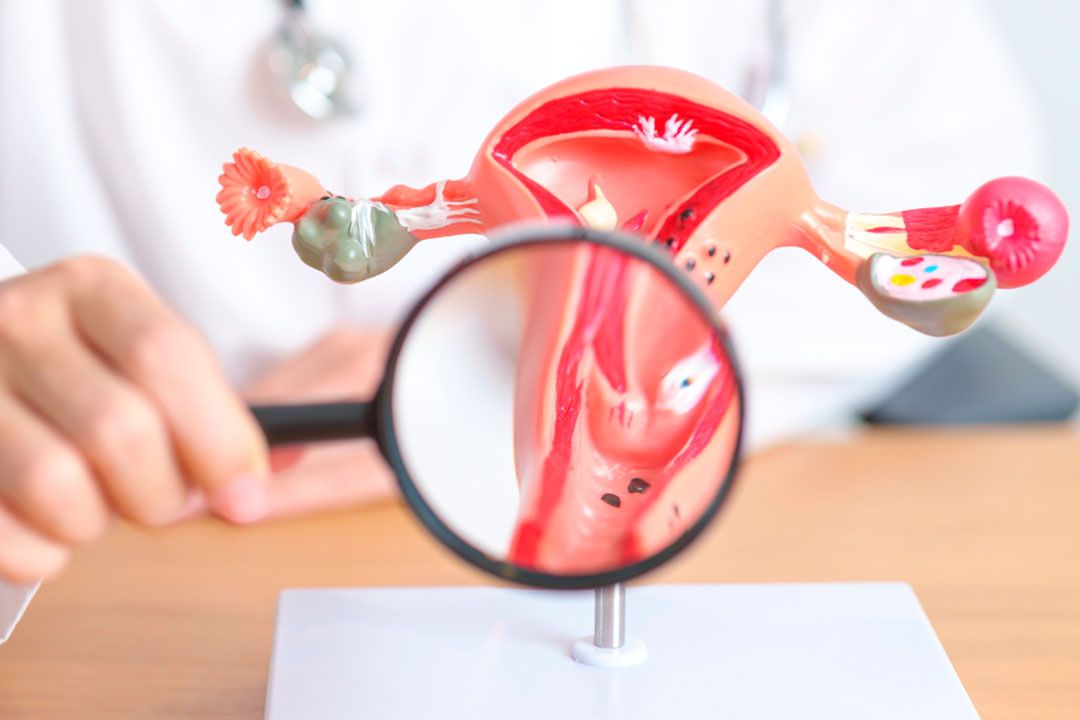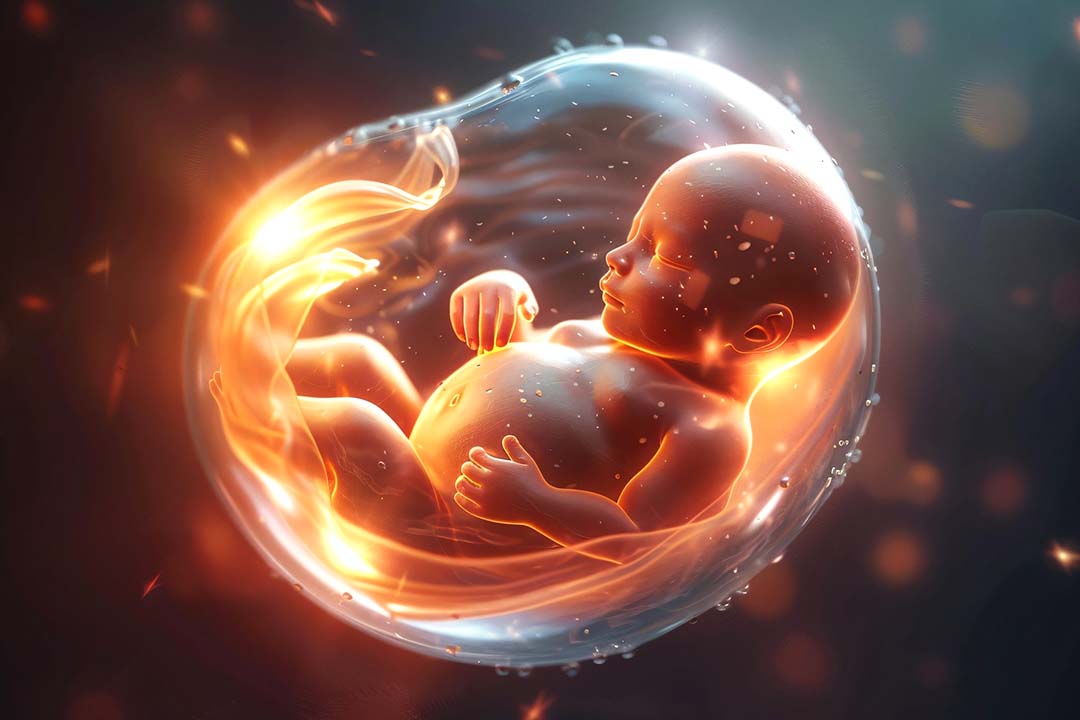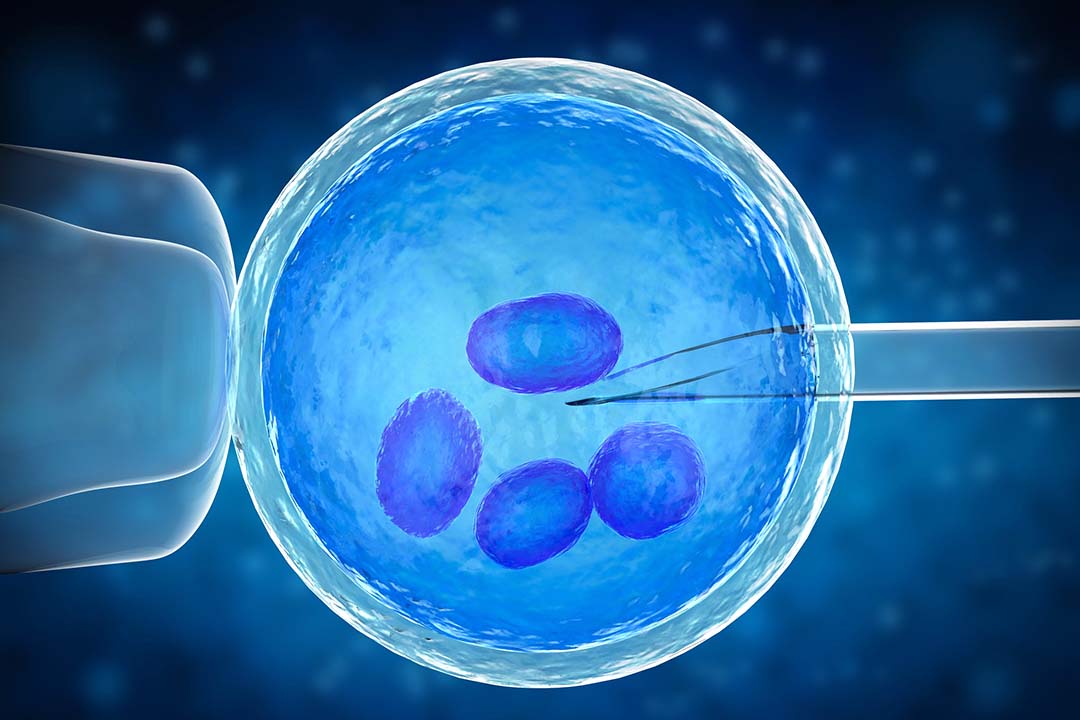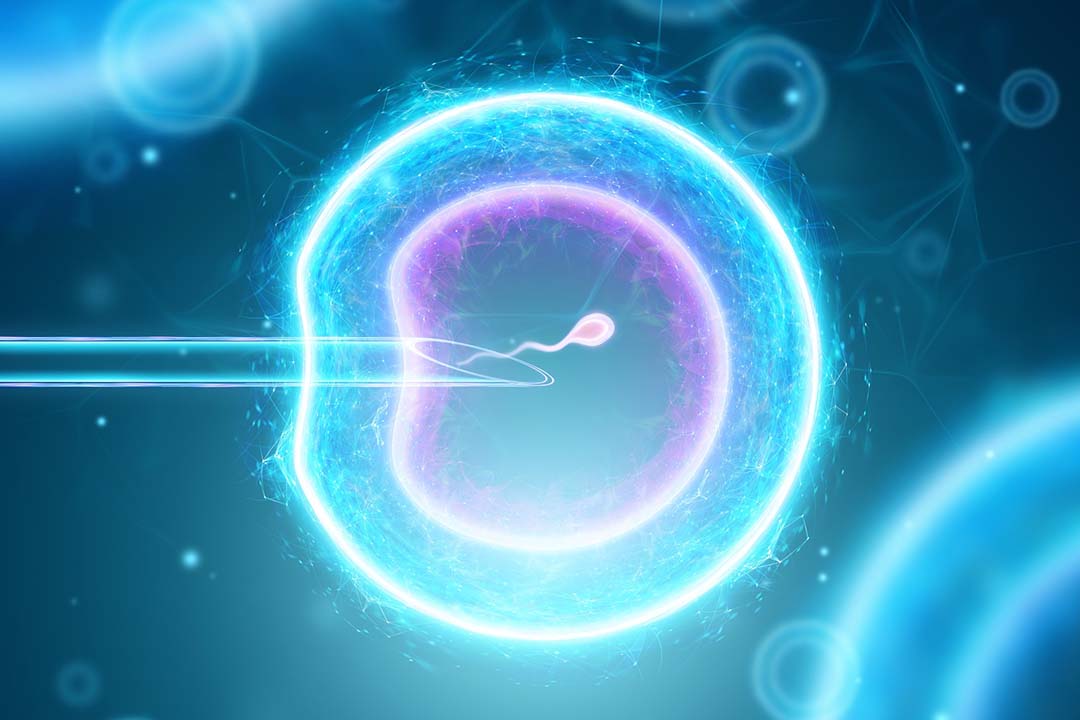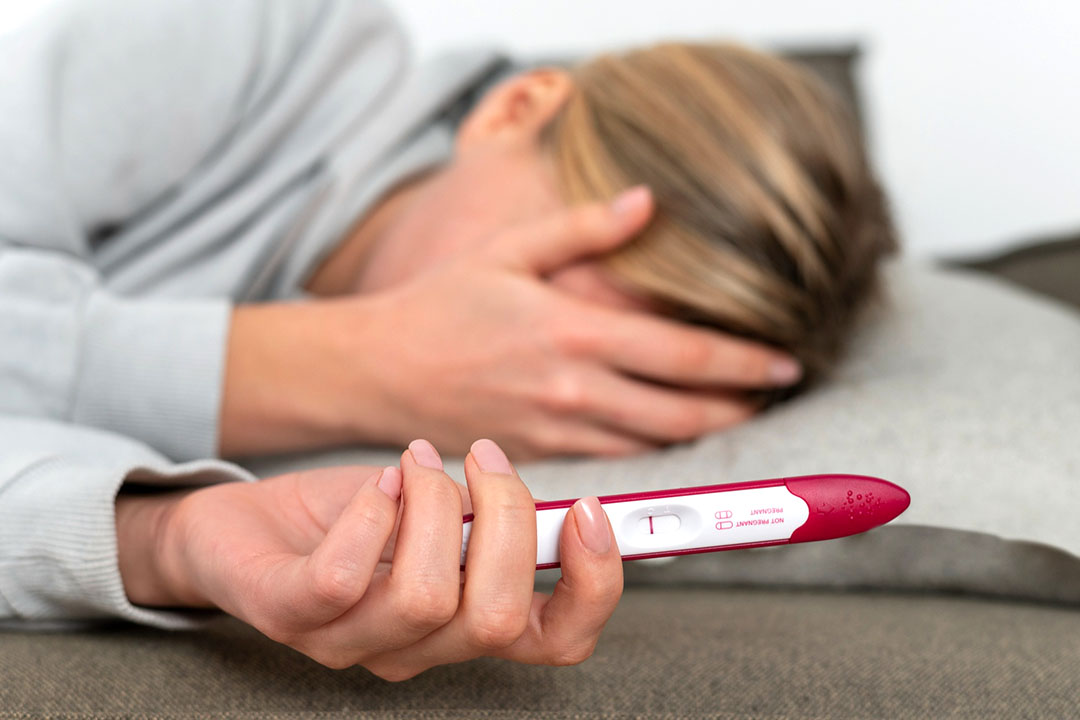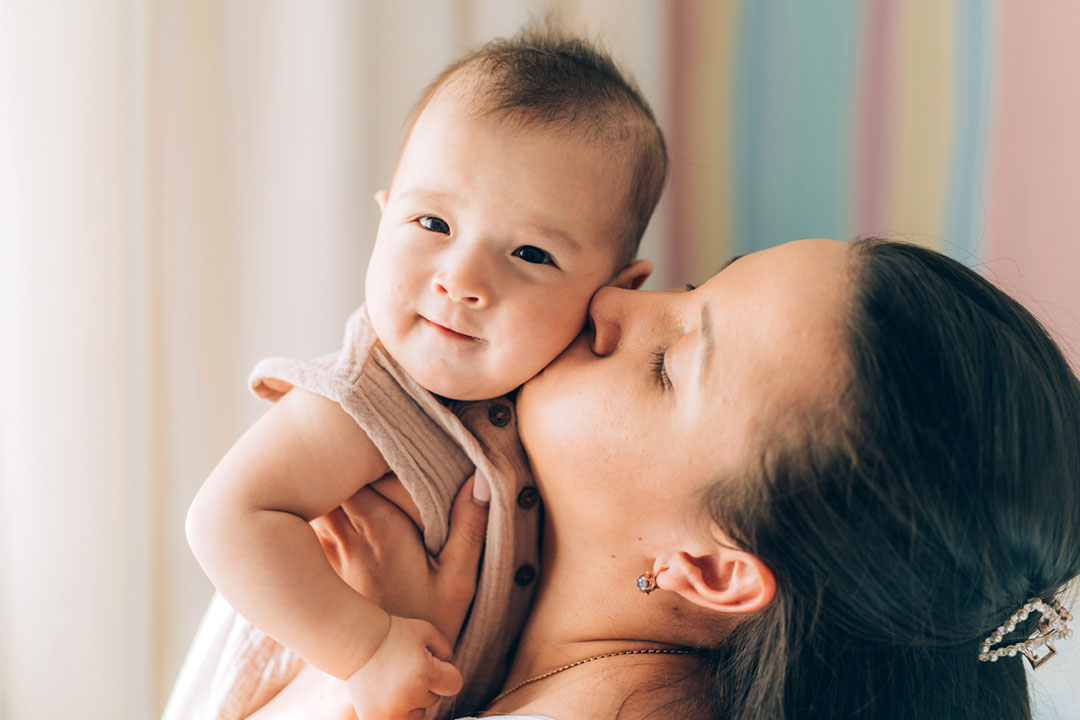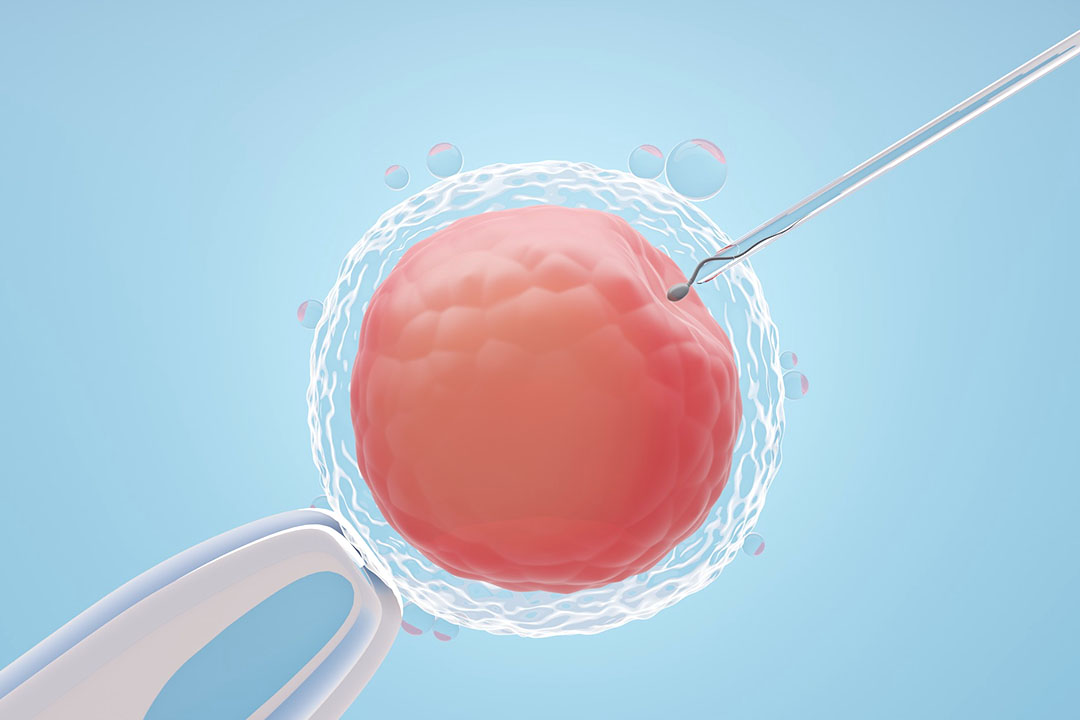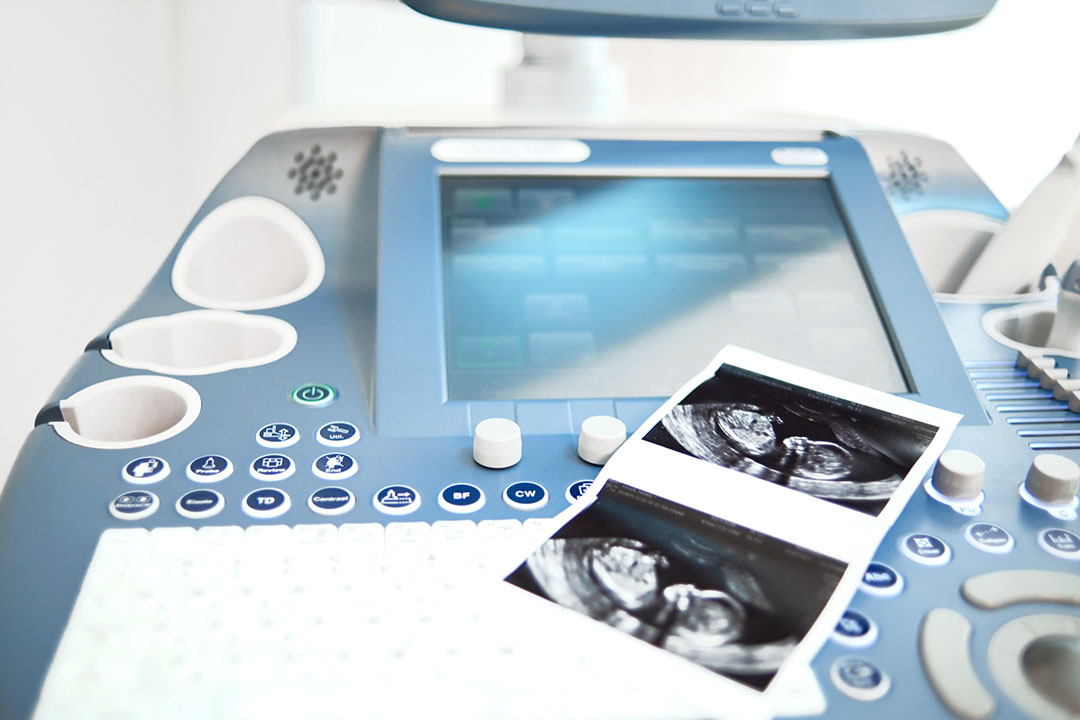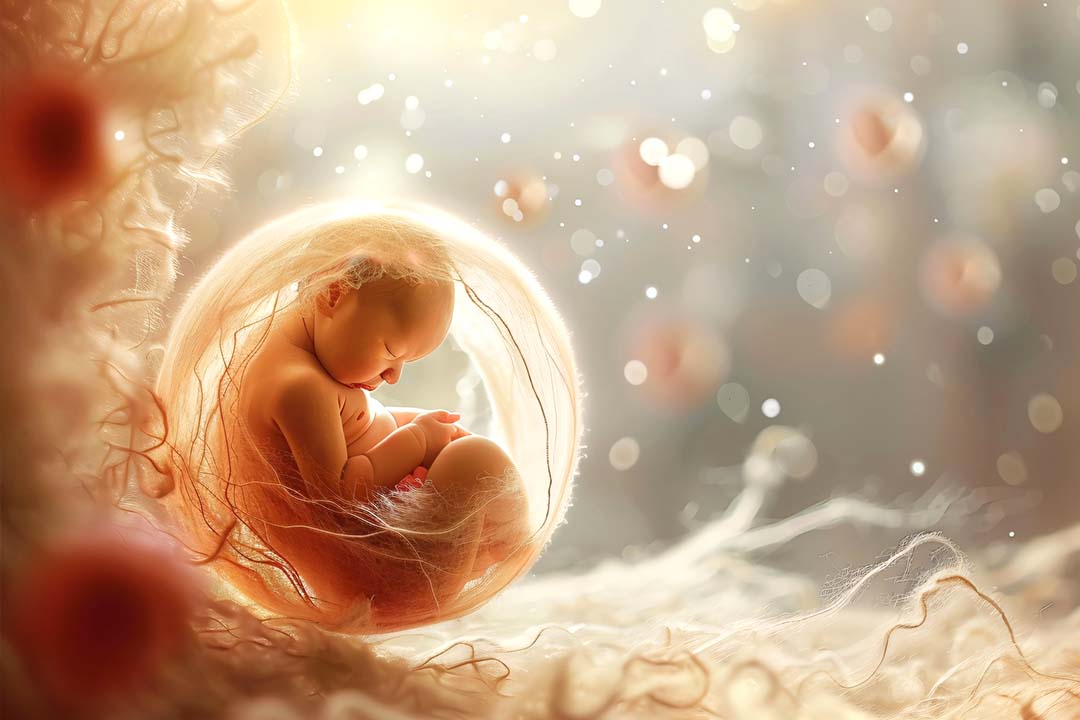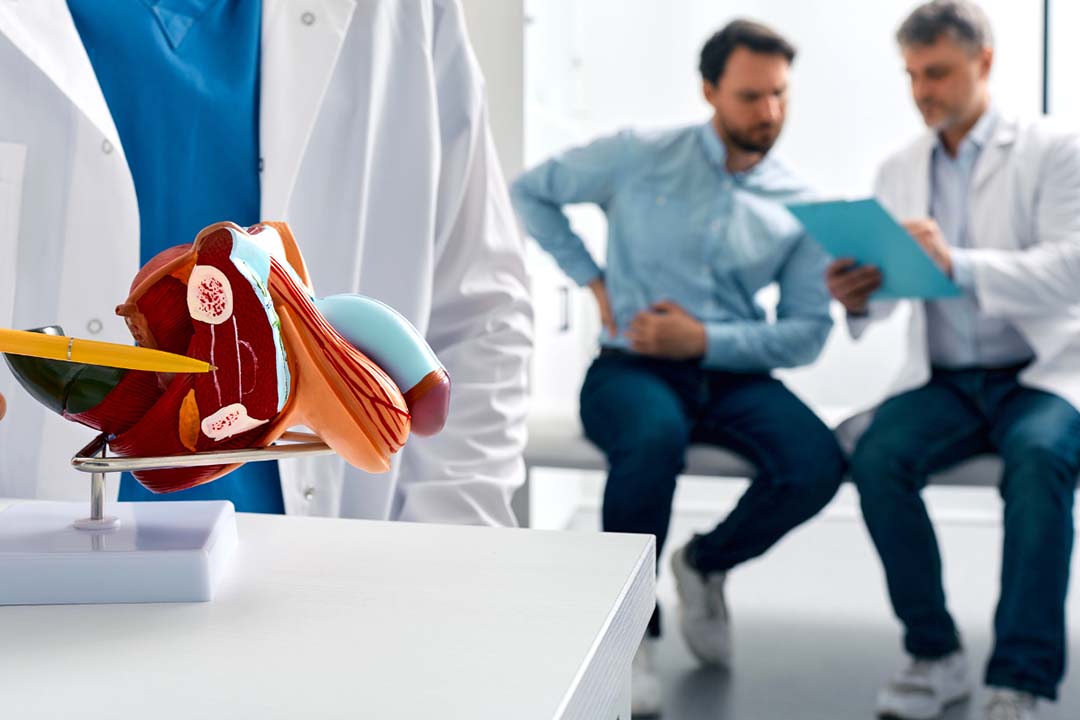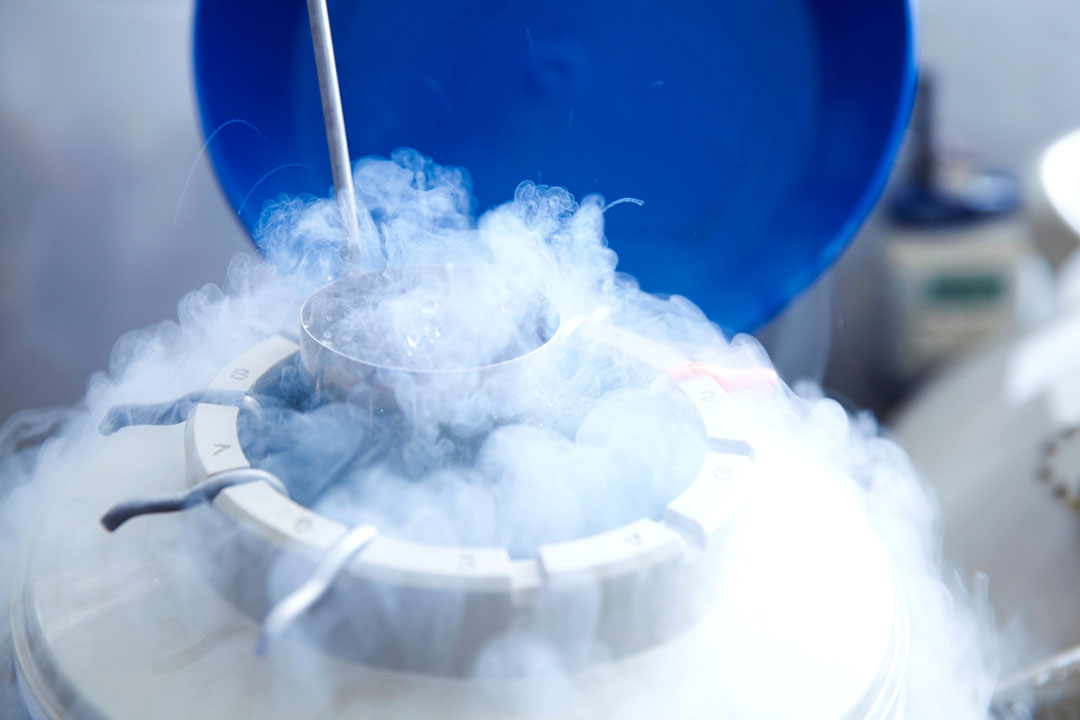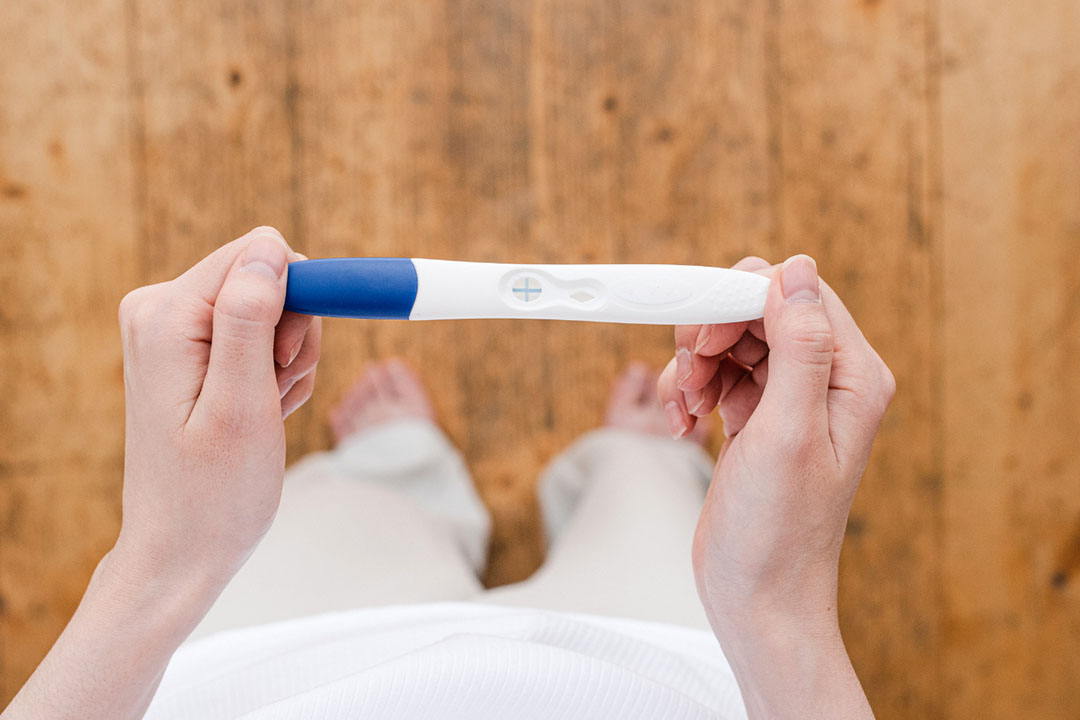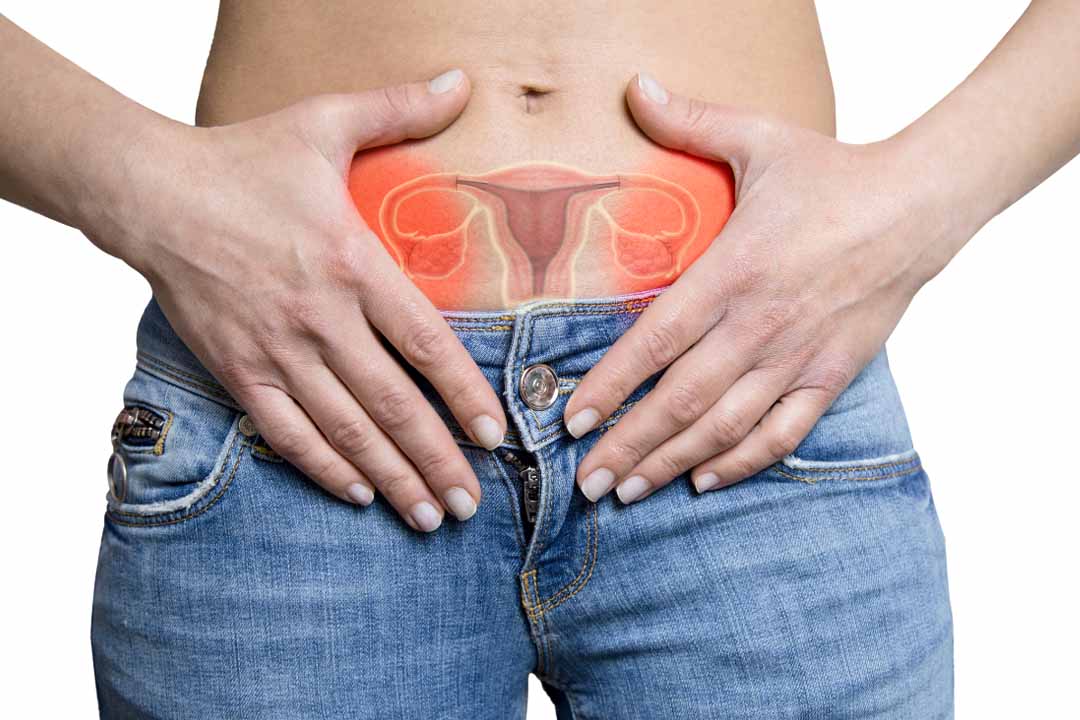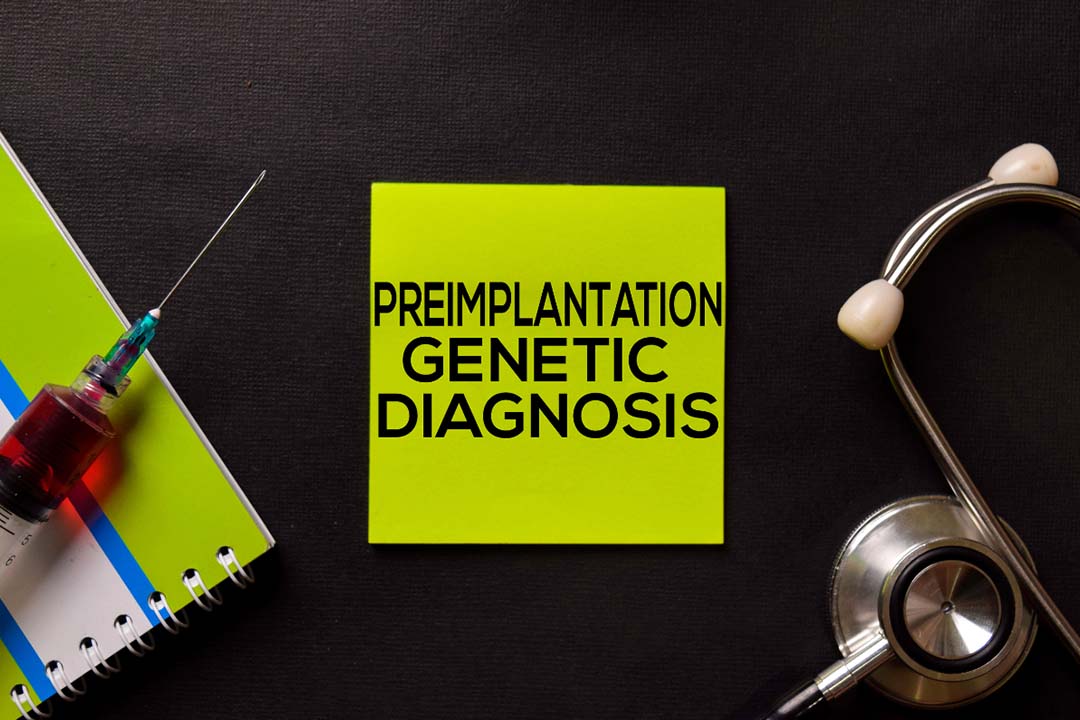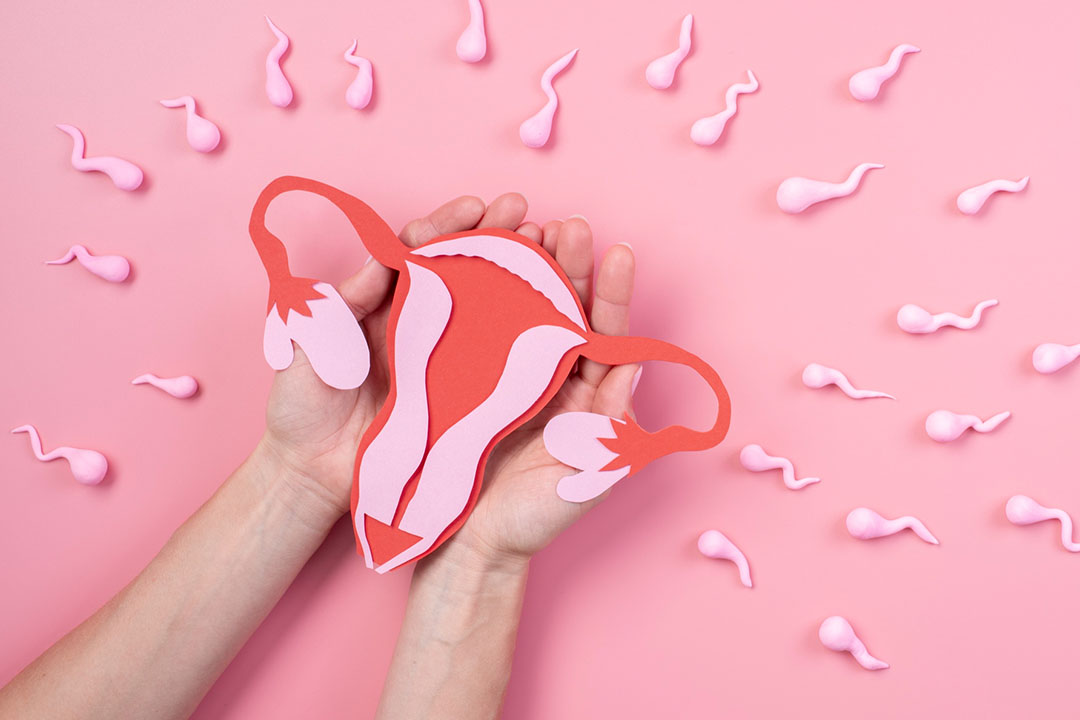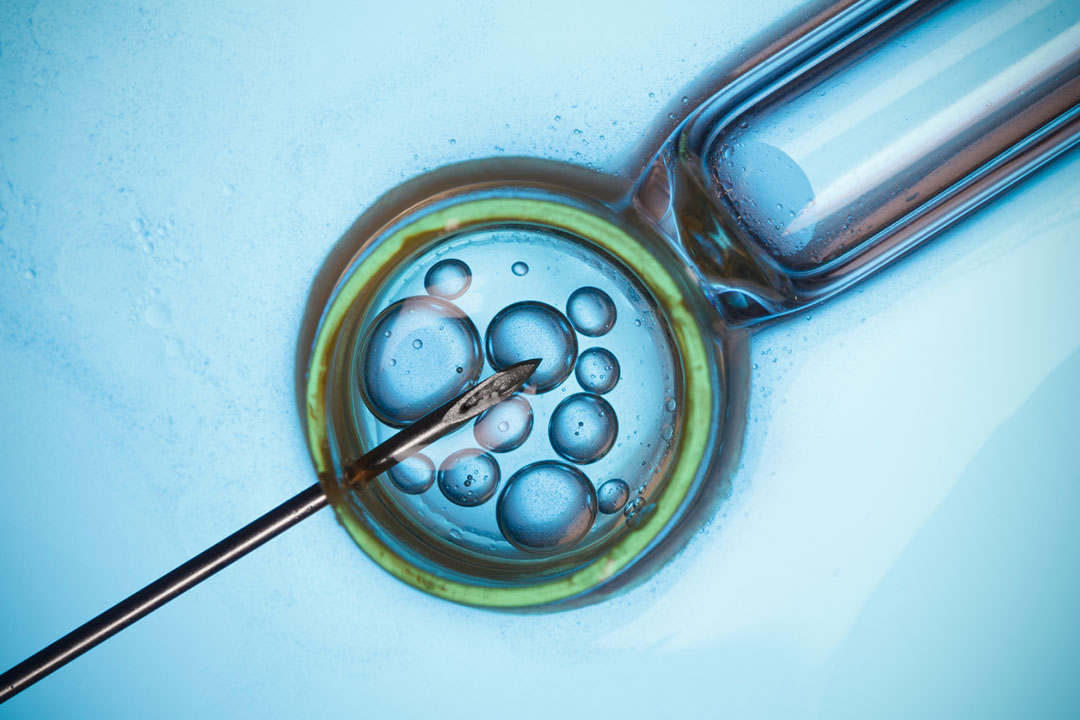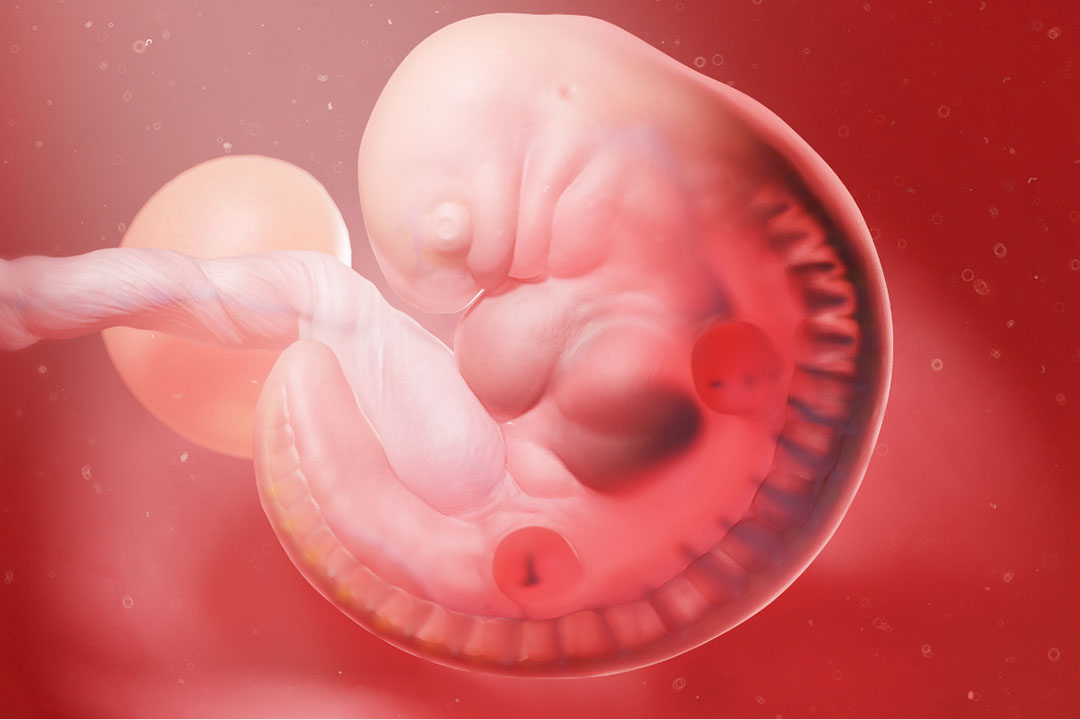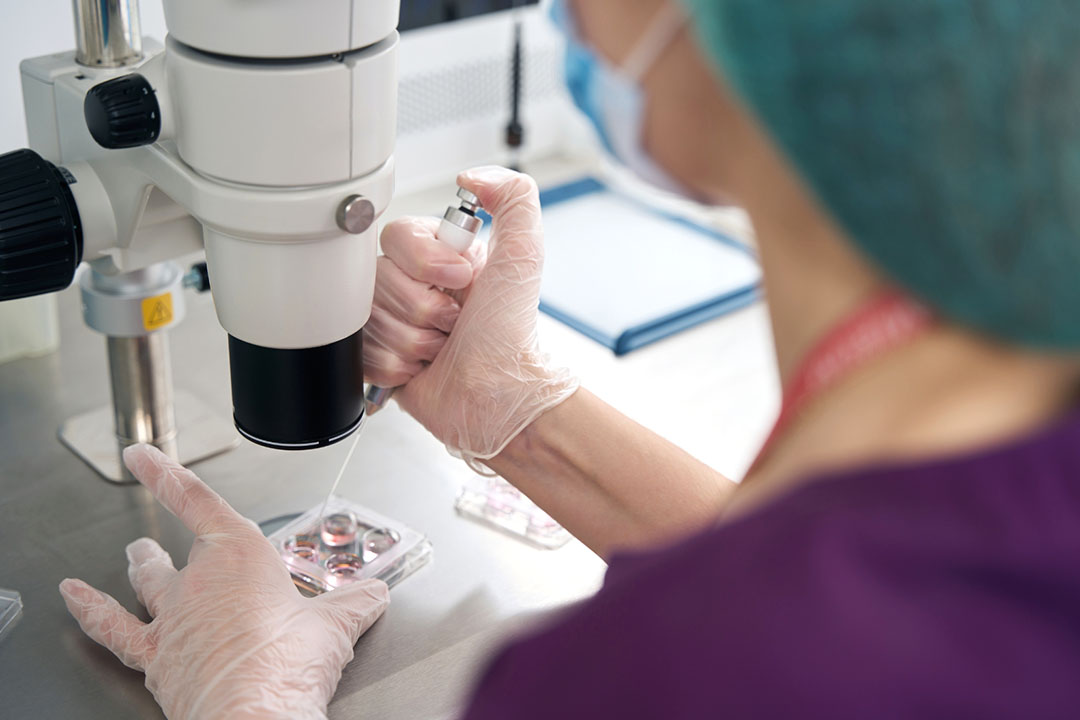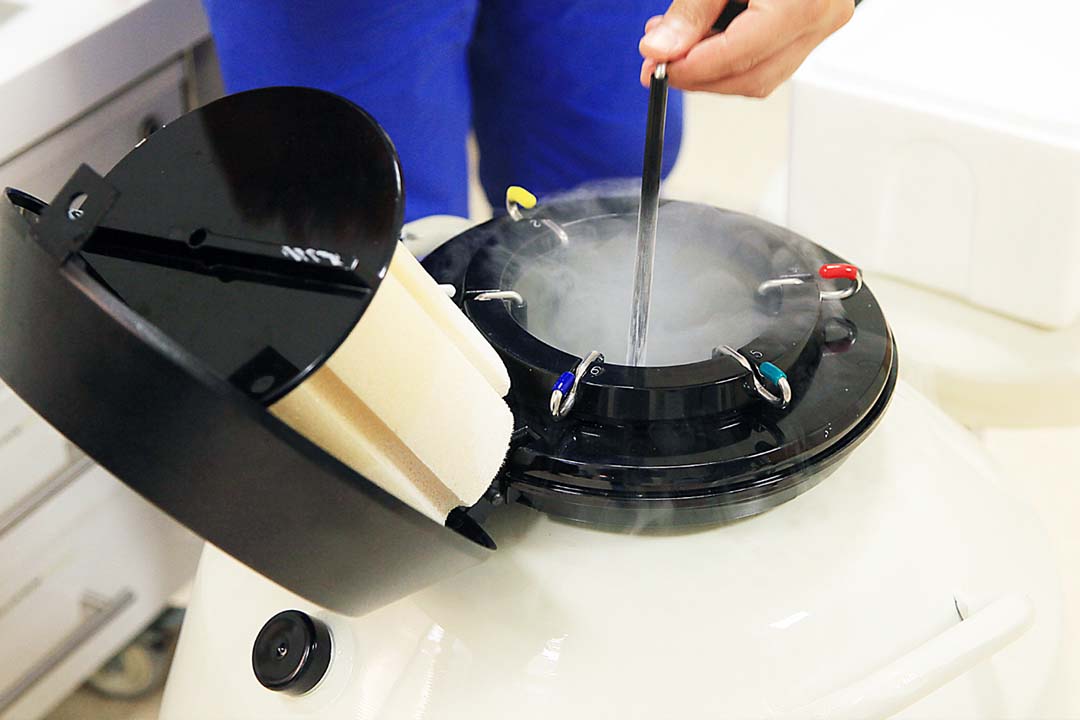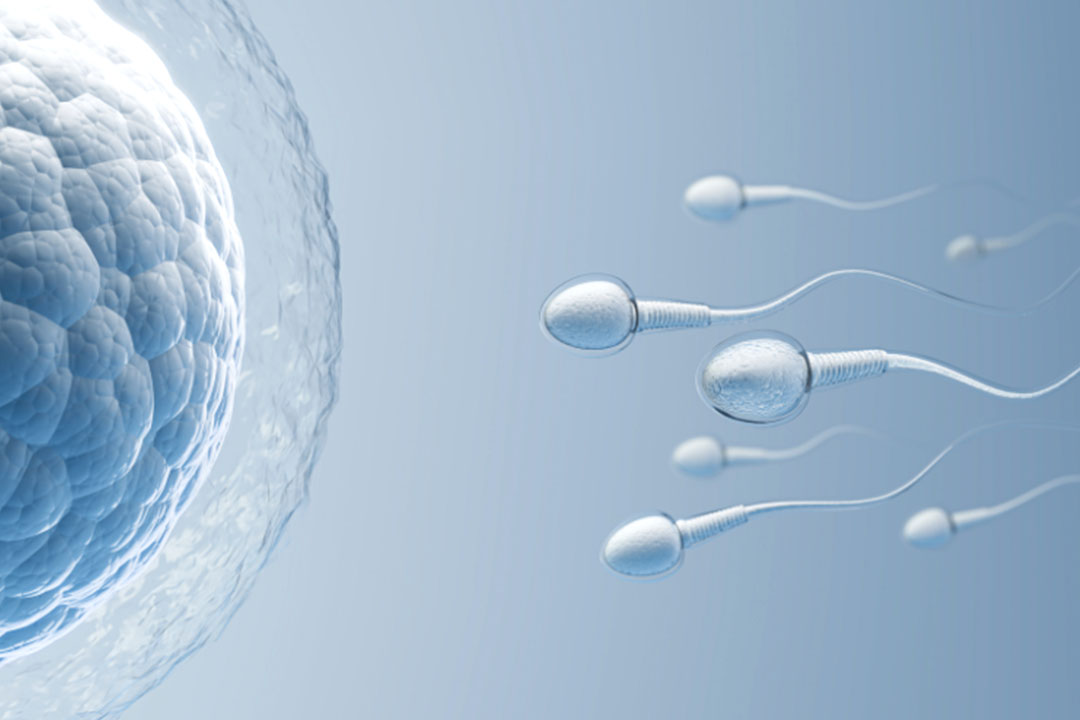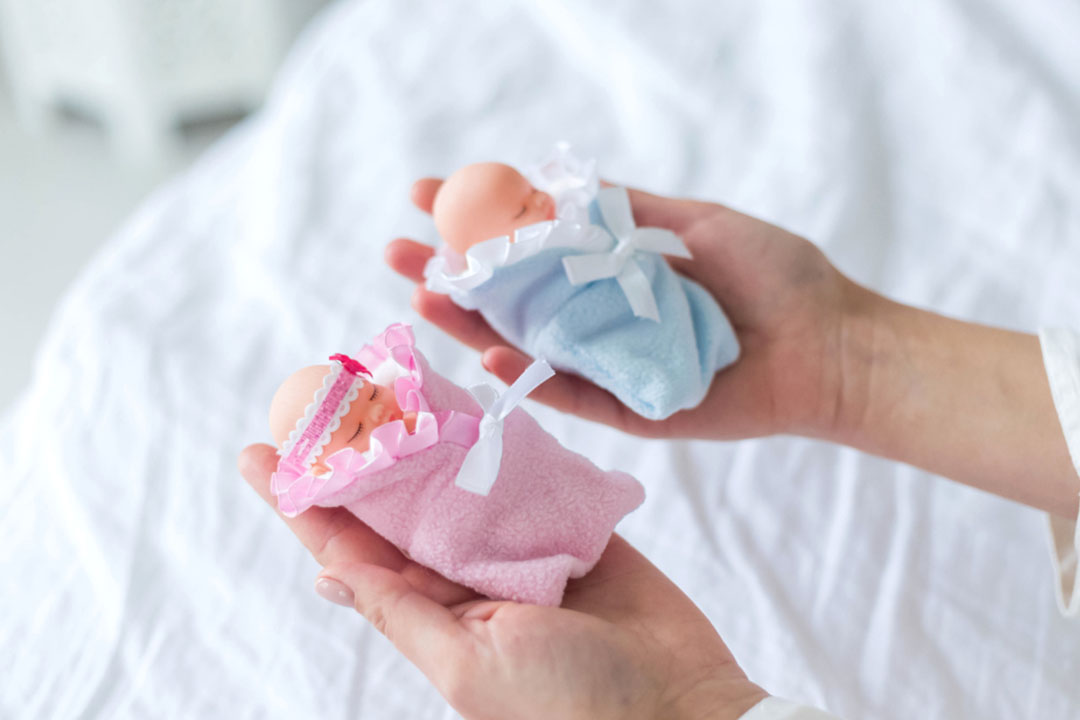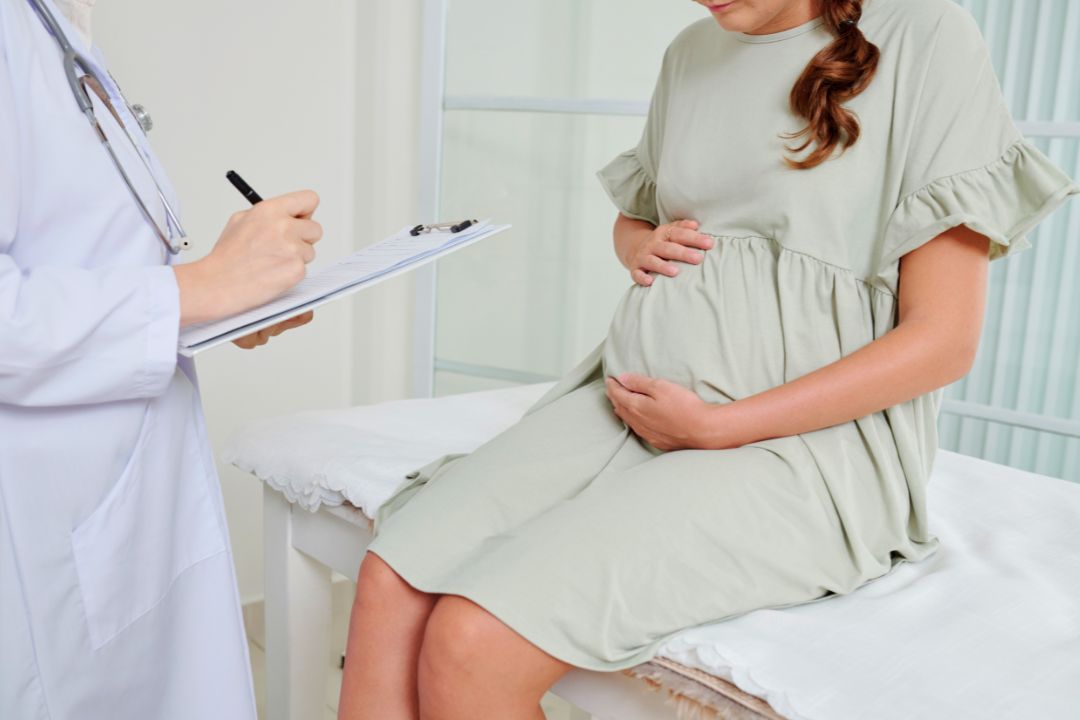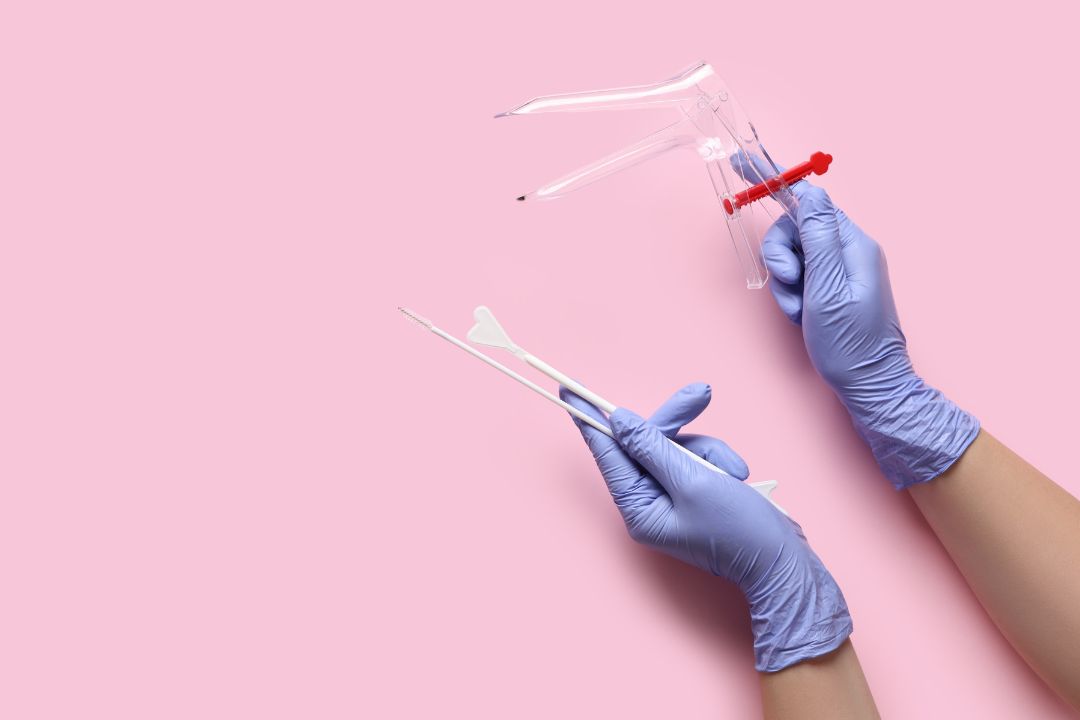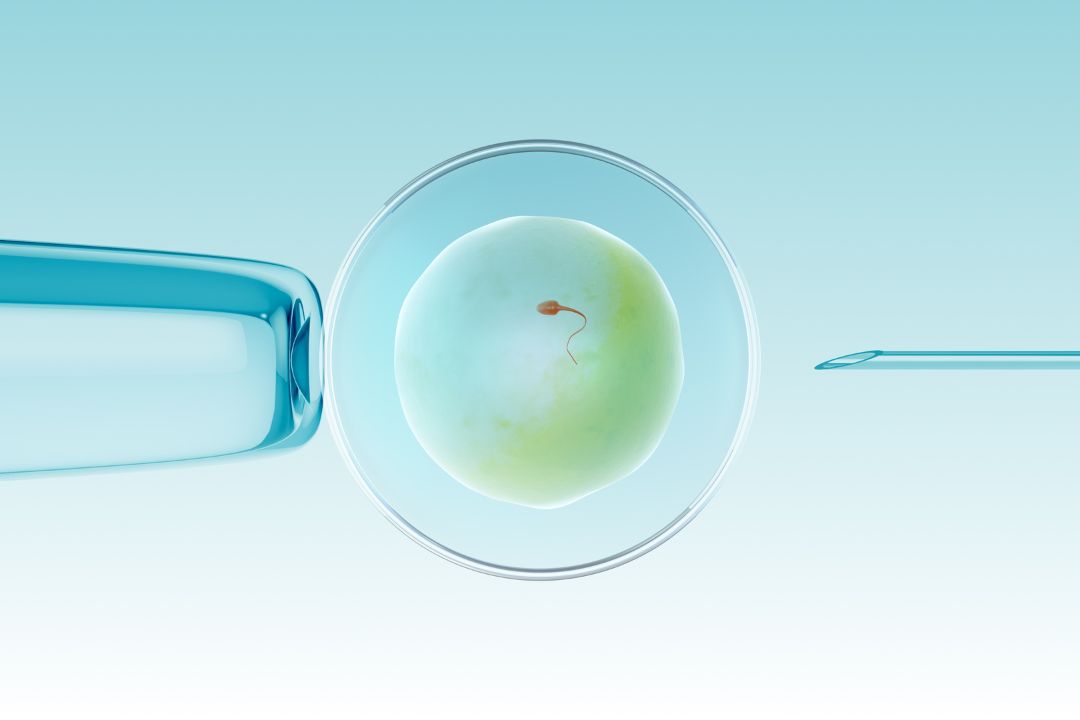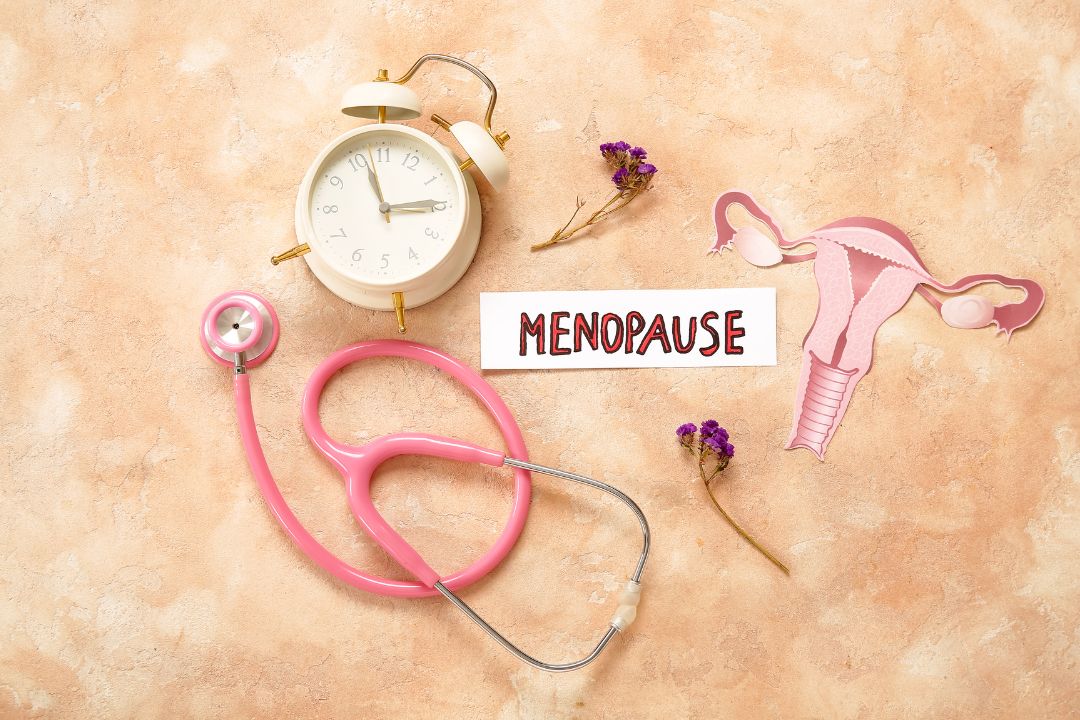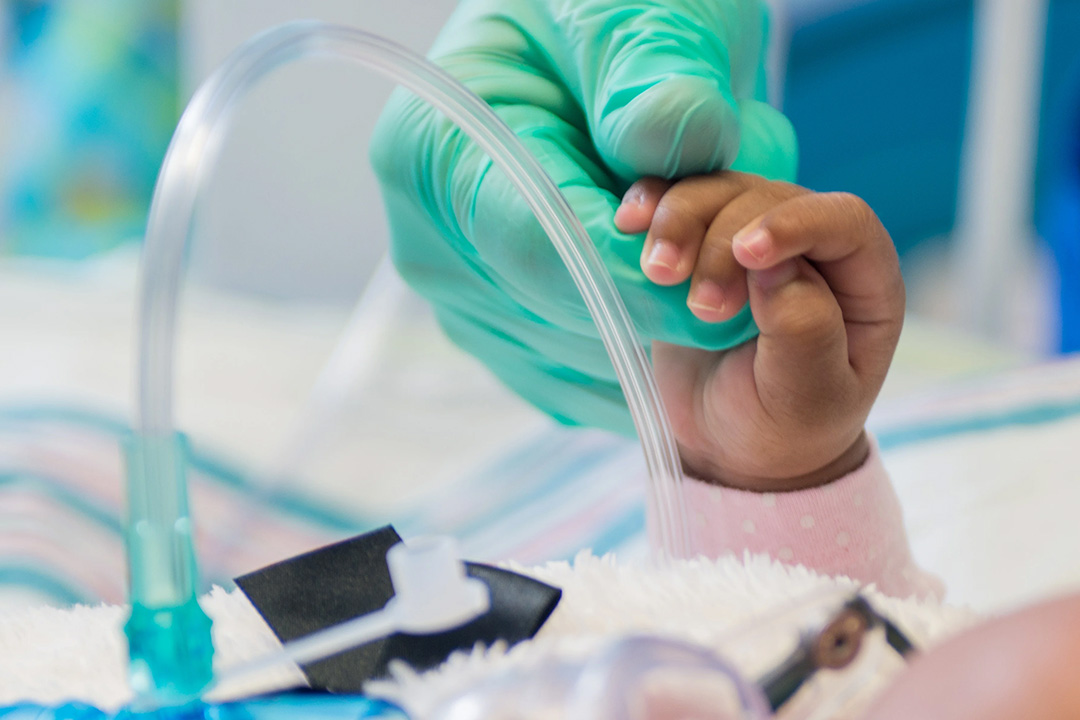Egg Freezing Treatment: Understanding and Overcoming Fertility Challenges
In this article, we will explore the egg freezing process, its costs, benefits, risks, and everything you need to know about this treatment.
Introduction to Egg Freezing
Egg freezing or oocyte cryopreservation is the process through which women are allowed to preserve their eggs for future use.
This flexible option has gained more popularity with women who prefer to establish a career, other priorities, health wise or any aspect of life before having children.
Many women agree that freezing eggs at a young age helps in preserving fertility, thus enhancing the ability of the woman to conceive in future.
Fertility treatments have evolved, making it a feasible option for most people seeking to regain control of their family planning and hold future childbearing possibilities.
What Does Freezing Eggs Mean?
What does freezing eggs mean? Basically, it means the act of freezing a woman’s eggs at very low temperatures.
The idea is to keep eggs fresh and ready for use so that women can plan when to get pregnant without losing their fertility.
This is done to make the process of fertility preservation more ordinary, wherein once a woman is ready for motherhood, she can use her frozen eggs for IVF procedures.
Thereby improving her chances of motherhood in the future.
What is Egg Freezing?
What is egg freezing? It is a surgical process by which female eggs are removed from the female reproductive organs and preserved for later use.
The method uses hormonal triggers to develop several eggs within the ovaries, which they harvest and freeze.
They can keep their fertility and start a family at some point in life when they are ready, or for instance, they experience early fertility problems and other health challenges that affect women.
Best Age to Freeze Eggs
- The best age to freeze eggs is between 25 and 35 years of age.
- Since the eggs of women deteriorate with age, women who choose to use frozen eggs may experience lower success rates compared to younger women.
- Women who freeze their eggs at an earlier age are more likely to have optimal-quality eggs and, thus, have higher chances of getting fertilised and achieving pregnancy at later dates.
- It is considered best to freeze your eggs before the age of 35 because the number and quality of the eggs are okay to give good results.
- While the service is still available to women over 35, it is likely that the success rates will decrease.
Egg Freezing Process: Step-by-Step Guide
The egg freezing process involves several stages:
1. Consultation and Assessment
- First, you will have tests to assess your ovarian reserve and general fertility status.
- It assists in defining the next step to prepare for your egg freezing process.
2. Ovarian Stimulation
- To stimulate your ovaries so that several eggs can mature, you will be placed on certain hormones.
- This stage usually takes 10-14 days, during which the development of several mature eggs in the ovaries is encouraged.
3. Monitoring
- In this stage, you will go to the clinic often for an ultrasound and blood profile checking.
- These assist in observing the body's response to the hormones and also observing the growth of the eggs, whether they are in the right process or not.
4. Egg Retrieval
- When the eggs are ready, they are removed from your ovaries in a process called follicular aspiration, which is an outpatient surgery.
- This is usually done under infraclavicular anaesthesia, and it lasts approximately between 20-30 minutes.
- The eggs are then removed through an operation, and for this procedure, the doctor performs it using a thin needle.
5. Freezing
- After they are collected, they go through a process known as vitrification, where they are frozen.
- They also subject the eggs to a process of quick freezing to reduce temperatures below zero so that ice crystals do not penetrate the eggs.
- Finally, the eggs are frozen to be used at later times in fertility procedures.
Is Egg Freezing Painful?
One of the most common questions about the egg freezing procedure is whether it’s painful. The short answer is that egg freezing is not painful, but there can be mild discomfort.
During the stimulation phase, you might experience bloating, mood swings, and minor cramping.
The egg retrieval procedure is done under light anaesthesia, so you won’t feel pain during the procedure, though some cramping or spotting may occur afterwards.
Does Freezing Eggs Stop Periods?
Freezing eggs does not stop a woman’s menstrual cycle. The hormonal treatment used for egg freezing temporarily alters the cycle, but menstruation will resume after the procedure.
Of course, it is crucial to bear in mind that egg freezing does not have any impact on hormonal secretion in the organism in the long term.
Egg Freezing Cost in India: Detailed Breakdown
The egg freezing cost in India could cost anything between ₹1,25,000 to ₹2,00,000.
Based on various factors such as the clinic’s reputation, type of medications, and years of storage of the eggs.
| Cost Component | Price Range (INR) |
|---|
| Hormonal Medications | ₹30,000 - ₹50,000 |
| Egg Retrieval Procedure | ₹50,000 - ₹70,000 |
| Annual Storage Fees | ₹5,000 - ₹15,000 |
Factors Affecting the Cost of Egg Freezing in India
| Factors | Description |
|---|
| Clinic Reputation and Location | High-end fertility centres in metropolitan areas may charge more. |
| Ovarian Stimulation | Depending on your body’s response, the amount of hormonal medication you need can vary. |
| Storage Duration | The longer the eggs need to be stored, the higher the storage fees. |
| Additional Procedures | If you decide to undergo IVF later, those additional procedures come with extra costs. |
Egg Freezing Age Limit and Eligibility
While there’s no strict egg freezing age limit, women are encouraged to freeze eggs before 35, as fertility declines with age.
The success of egg freezing also depends on ovarian reserve, which can be assessed through tests like AMH (anti-Müllerian hormone) and ultrasound.
Women with low ovarian reserve may need to consider freezing eggs sooner.
Women who undergo treatments like chemotherapy, which can damage their ovaries, may also freeze eggs earlier to preserve their fertility.
Side Effects of Freezing Eggs
The side effects of freezing eggs can vary from woman to woman, but the most common ones include:
| Side Effect | Description |
|---|
| Bloating and Abdominal Discomfort | Hormonal injections can cause bloating and discomfort in the abdomen. |
| Mood Swings | Hormonal fluctuations may lead to emotional changes and mood swings. |
| Mild Cramping and Spotting | Light cramping and spotting can occur after the egg retrieval procedure. |
| Ovarian Hyperstimulation Syndrome (OHSS) | A rare but more serious condition where ovaries become swollen and painful, typically due to a strong response to hormones. |
| Other Mild Side Effects | Some women may experience headaches, fatigue, or breast tenderness. |
Benefits of Egg Freezing: Why Consider It?
| Benefit | Description |
|---|
| Preservation of Fertility | Allows women to delay pregnancy while preserving the option for biological children in the future. |
| Medical Protection | Women undergoing treatments like chemotherapy or radiation can preserve fertility before starting cancer treatment. |
| Increased Control | Gives women more control over the timing of their pregnancies, especially those focusing on career or personal development. |
| Improved Success Rates | Freezing eggs at a younger age increases the chances of successful fertilisation and healthy pregnancies later. |
| Future Flexibility | Enables women to plan their families depending on the future since no one can predict what the future holds. |
| Reduced Pressure | Eliminates the stress that comes with deciding on the right time to have children, especially for women who have no clear time frame. |
| Personalised Family Planning | Enables women to plan their families according to their unique life circumstances, including health, career, and personal goals. |
Risks and Challenges of Egg Freezing
| Risk or Challenge Involved | Description |
|---|
| No Guarantee of Success | Freezing eggs doesn’t ensure a future pregnancy. The success of fertilisation and implantation depends on various factors. |
| Financial Costs | There are high costs involved in egg freezing, and some of them include the cost of hormones, the cost of retrieving the eggs together with its storage charges. |
| Emotional Impact | This could be stressful emotionally since failure is never certain and the stress itself that accompanies fertility treatments. |
| Health Risks | Hormonal stimulation carries risks like ovarian hyperstimulation syndrome (OHSS), which can lead to bloating, discomfort, or more serious complications. |
| Multiple Cycles May Be Needed | Not all women will produce a sufficient number of eggs in one cycle. Multiple cycles may be required to obtain enough viable eggs. |
| Long-Term Storage | Storing frozen eggs for long periods can lead to concerns about the long-term viability and potential ageing of the eggs. |
Success Rates of Egg Freezing: What You Need to Know
1. Under 35 Years Old
- Young females offer the best chance, with roughly 60-70% of the frozen eggs being delivered as a live birth.
- Younger eggs have better quality and the ability to support fertilisation compared to older ones.
2. Over 35 Years Old
- The probability of conceiving also reduces as women advance in age; women above the age of 35 have low egg quality.
- The probability of pregnancy from frozen eggs decreases, although it is still possible to conceive and give birth to a live offspring.
3. Factors Affecting Success
- Other factors which have been found to be vital include the age of the woman, the quality of the eggs, and the number of eggs that are actually frozen and used.
- Candidate eggs of better quality and more of them can be thawed at the same time can improve the result.
Psychological and Emotional Aspects of Egg Freezing
The process of choosing to freeze eggs makes people experience diverse feelings. Here are some key psychological aspects:
- Empowerment and Control: Most females enjoy the flexibility of enhanced fertility, ensuring they have a choice and can choose not to start early.
- Stress and Anxiety: It can be mentally and emotionally appealing due to the future instability of the results. The thoughts that can make women distressed may include concern about the procedure or whether they will ever use the frozen eggs.
- Pressure to Succeed: There is more emotionality, especially in the financial, physical, and emotional aspects involved in the process of freezing eggs.
- Sense of Loss: Such factors as going through fertility preservation may lead to a loss for some women, like seeking medical help and unknown outcomes.
- Importance of Support: First of all, one needs to have a solid support system. It is also very important to get help from other women who have gone through the same process in order to deal with such emotional problems.
How to Choose the Right Fertility Clinic for Egg Freezing
When freezing one’s eggs, it is crucial to choose the best fertility clinic, which will help them go through the process easily. Here are key factors to consider:
- Clinic’s Success Rates: Check the clinic’s statistics of fertilisation rates of frozen eggs and IVF treatments. Higher success rates can mean better results, but be certain about the timeliness of the particular statistics used.
- Doctor’s Expertise: The fertility specialists at the clinic should be experienced particularly in the area of egg freezing services and assisted reproductive services. Search for references like certification and qualification in reproductive medicine.
- Patient Reviews: One must carry out a patient satisfaction survey to know the general feeling about the clinic. Positive feedback is also useful to ensure the care and support offered by the clinic.
- Cost Transparency: Request for a detailed explanation of all the costs that may be charged and, include consultant fees, medications, egg retrieval fees and charges for storage of eggs. It is good to enquire if the clinics you intend to visit have payment plans that you can pay in installments or packages.
- Technology and Facilities: It is therefore important to find a clinic with the proper technology and whose equipment is well maintained for the sake of successful egg freezing.
- Personalised Care: Select a clinic that focuses on developing specially tailored treatments for the clients, taking into account their individual needs and conditions as well as their objectives.
- Support Services: Make sure the clinic also offers the patients some level of counselling for the period within which they undergo the egg freezing, which has its emotional toll.
- Location and Accessibility: Location and accessibility of the clinic should also be a factor to be considered. It may be necessary to visit the clinic often, so you should select a clinic near you.
References

About Us
AKsigen IVF is a premier center for advanced fertility treatments, with renowned fertility experts on our team. Specializing in IVF, ICSI, egg freezing, and other cutting-edge reproductive technologies, AKsigen IVF is committed to helping couples achieve their dream of parenthood. With personalized care and a patient-first approach, AKsigen IVF provides comprehensive fertility solutions under one roof.















